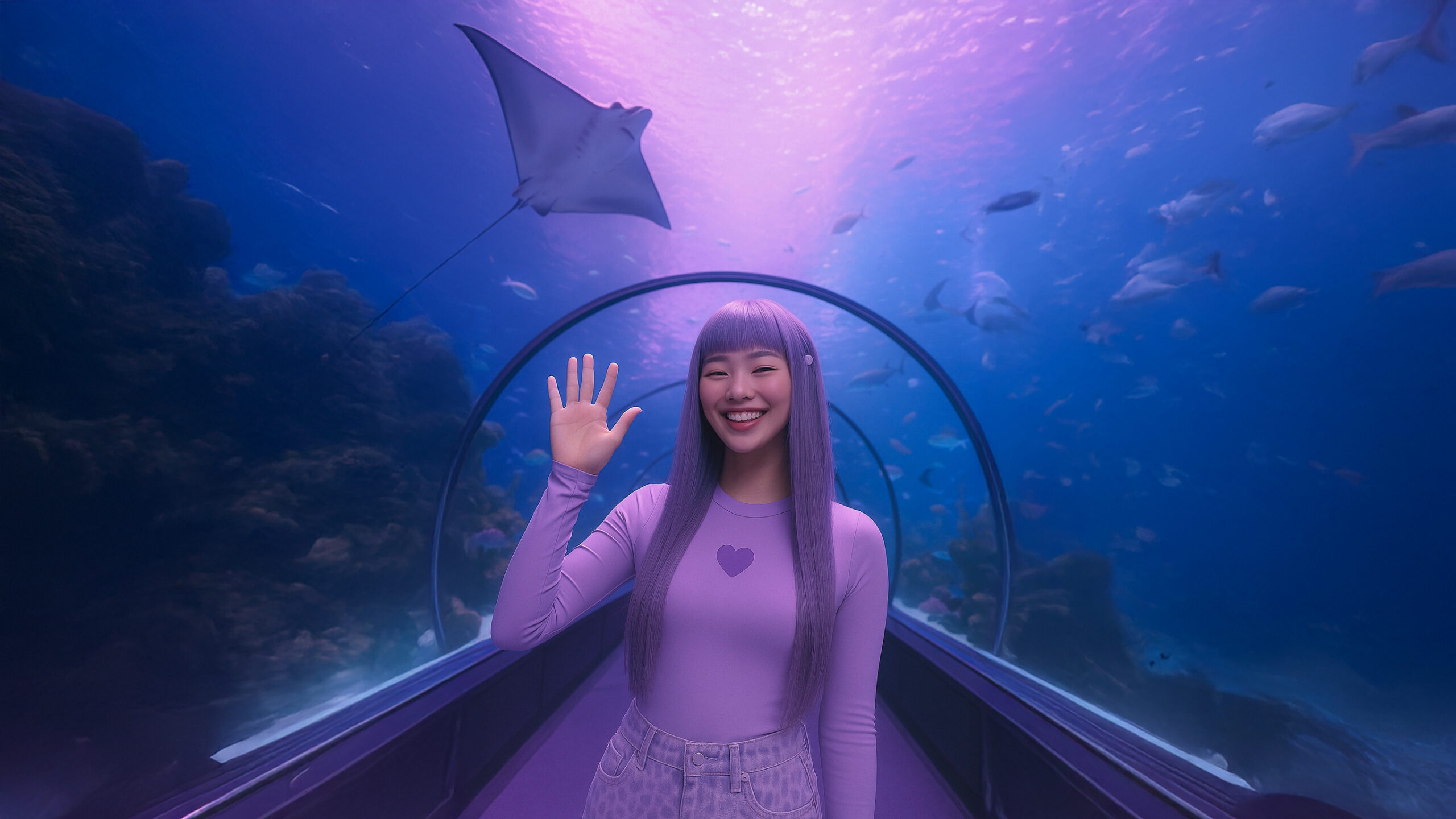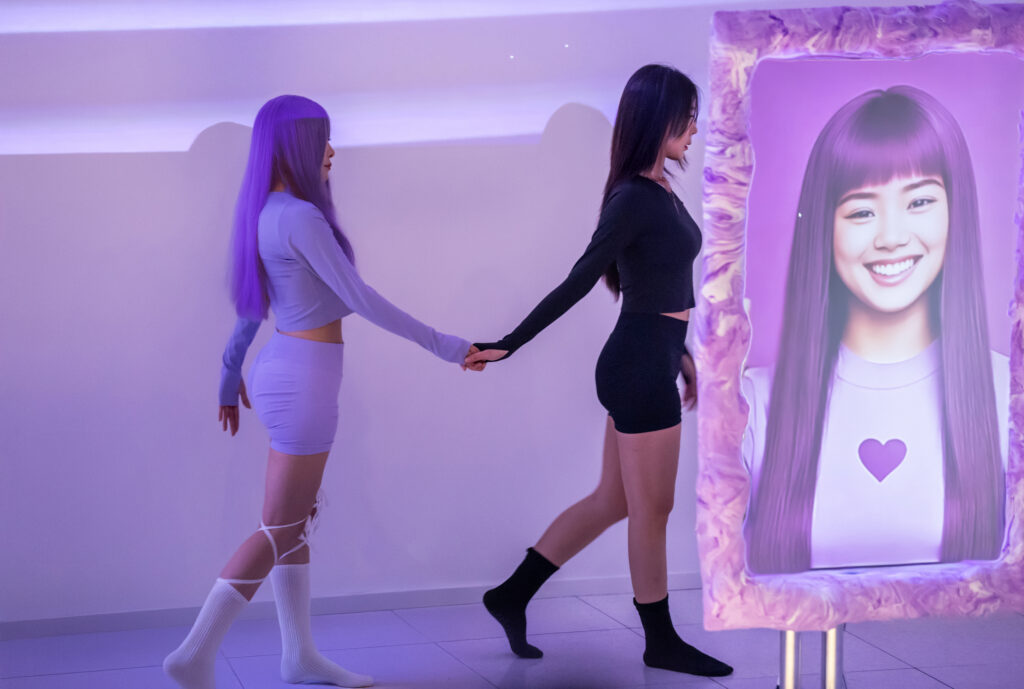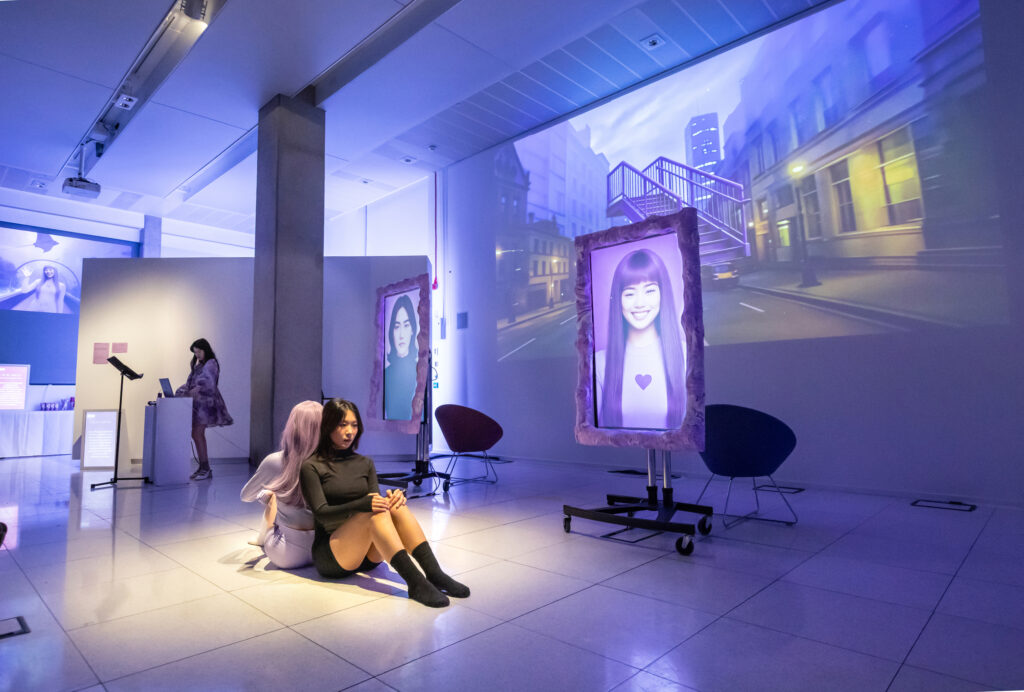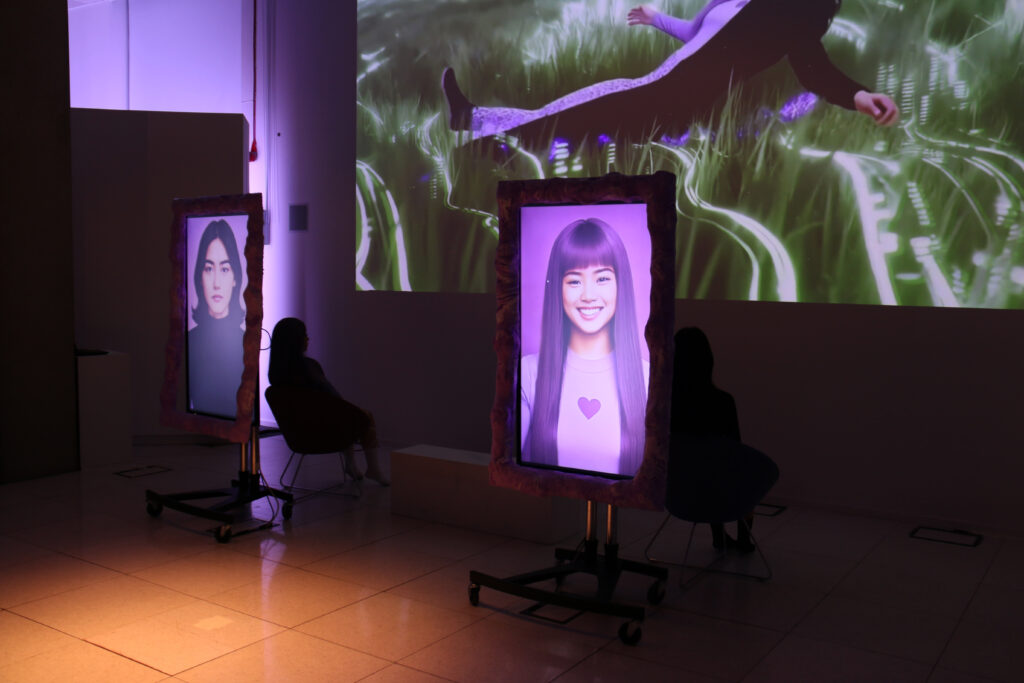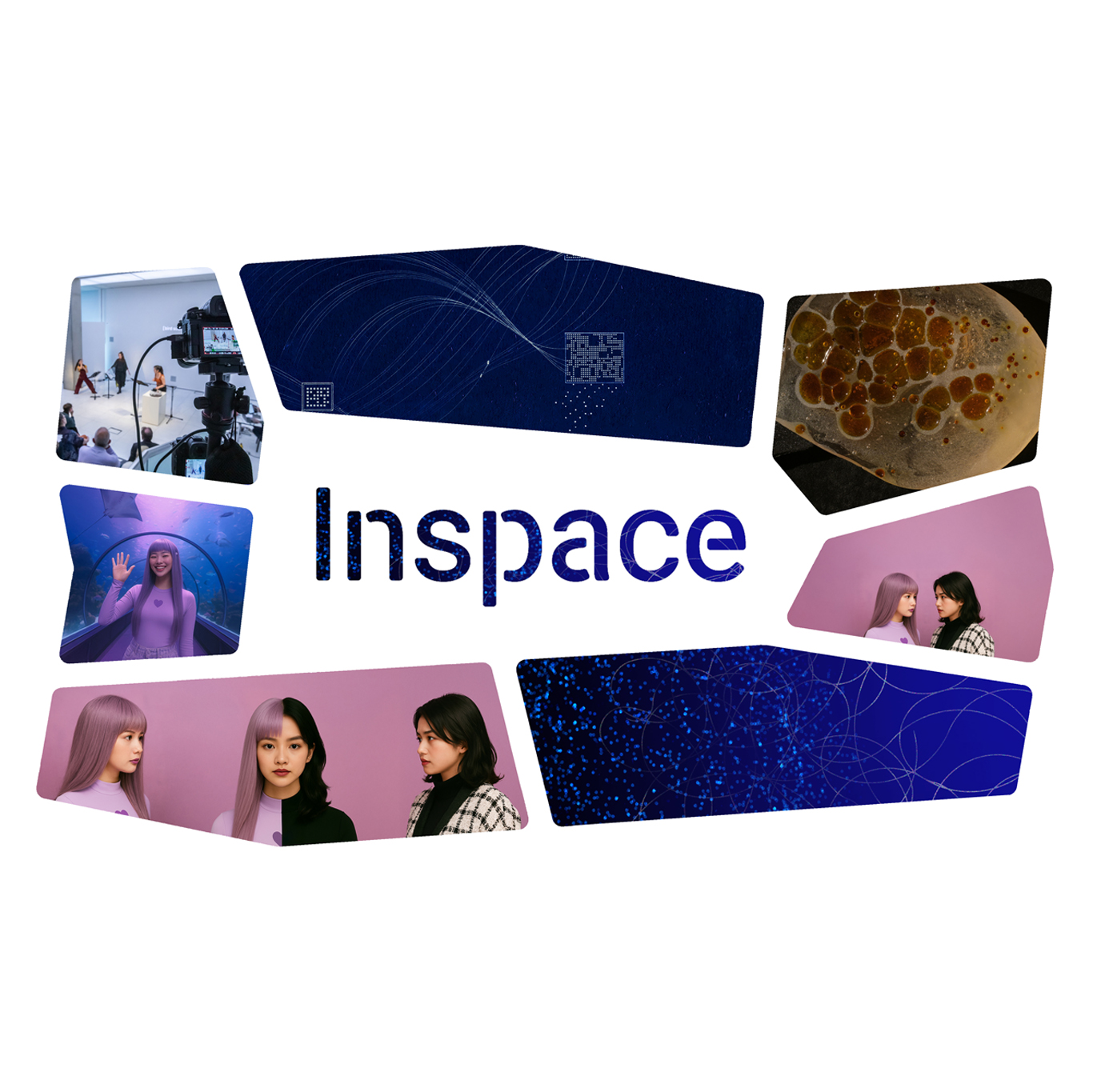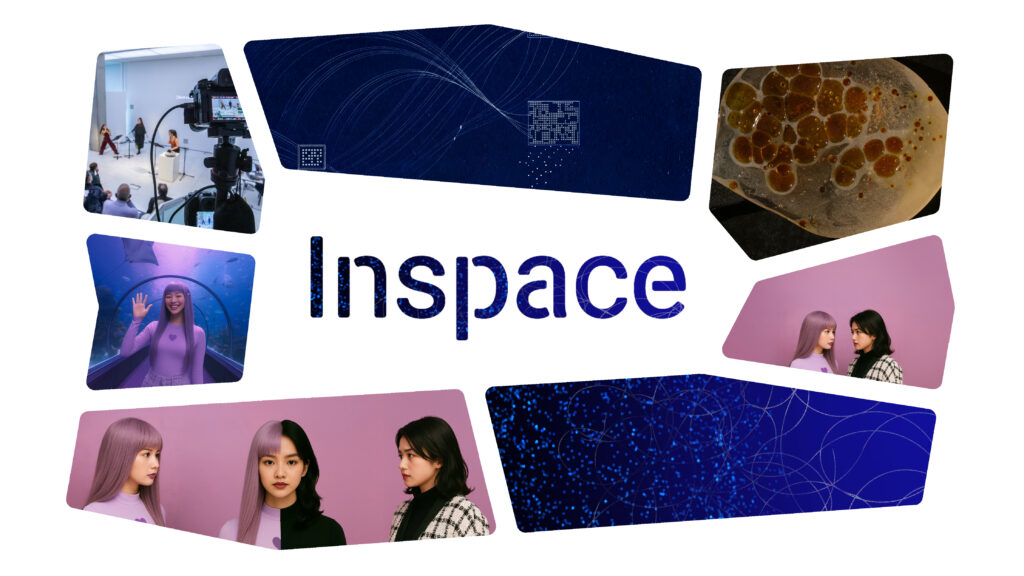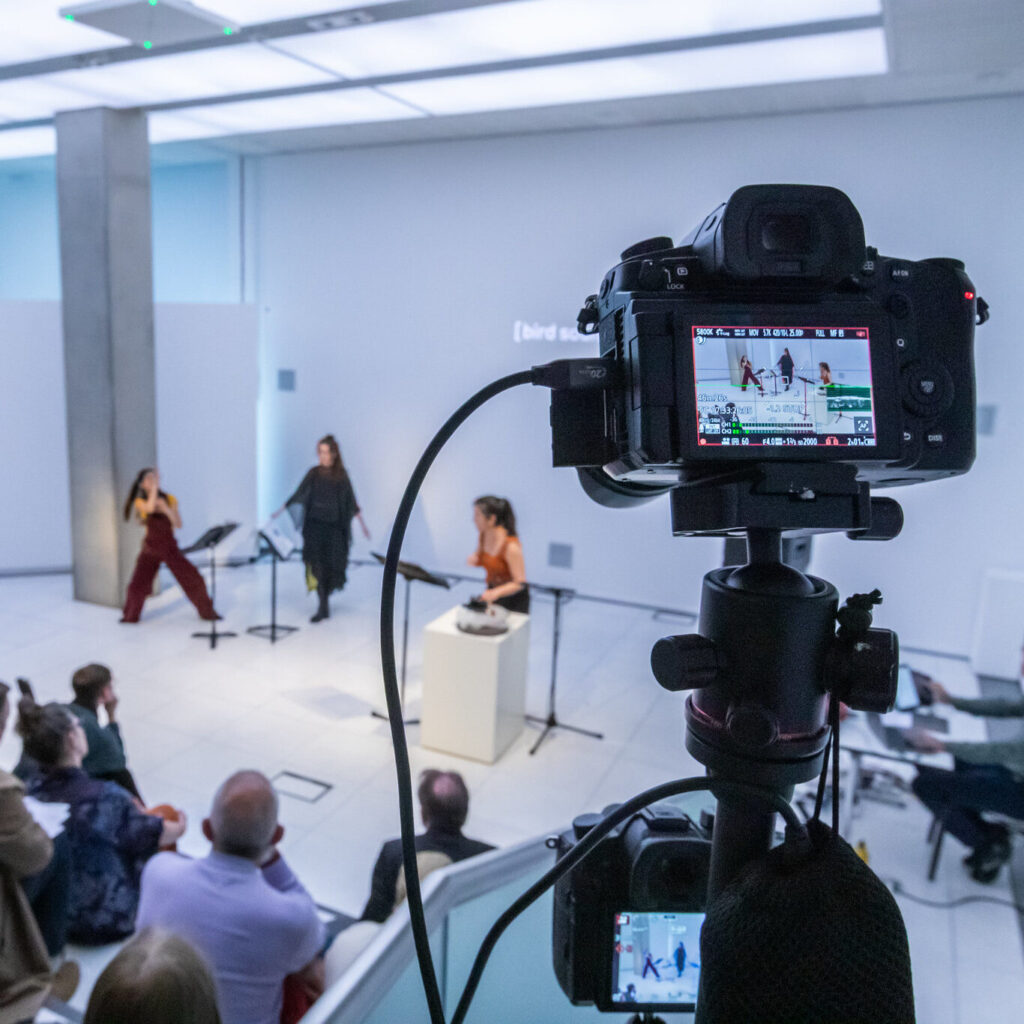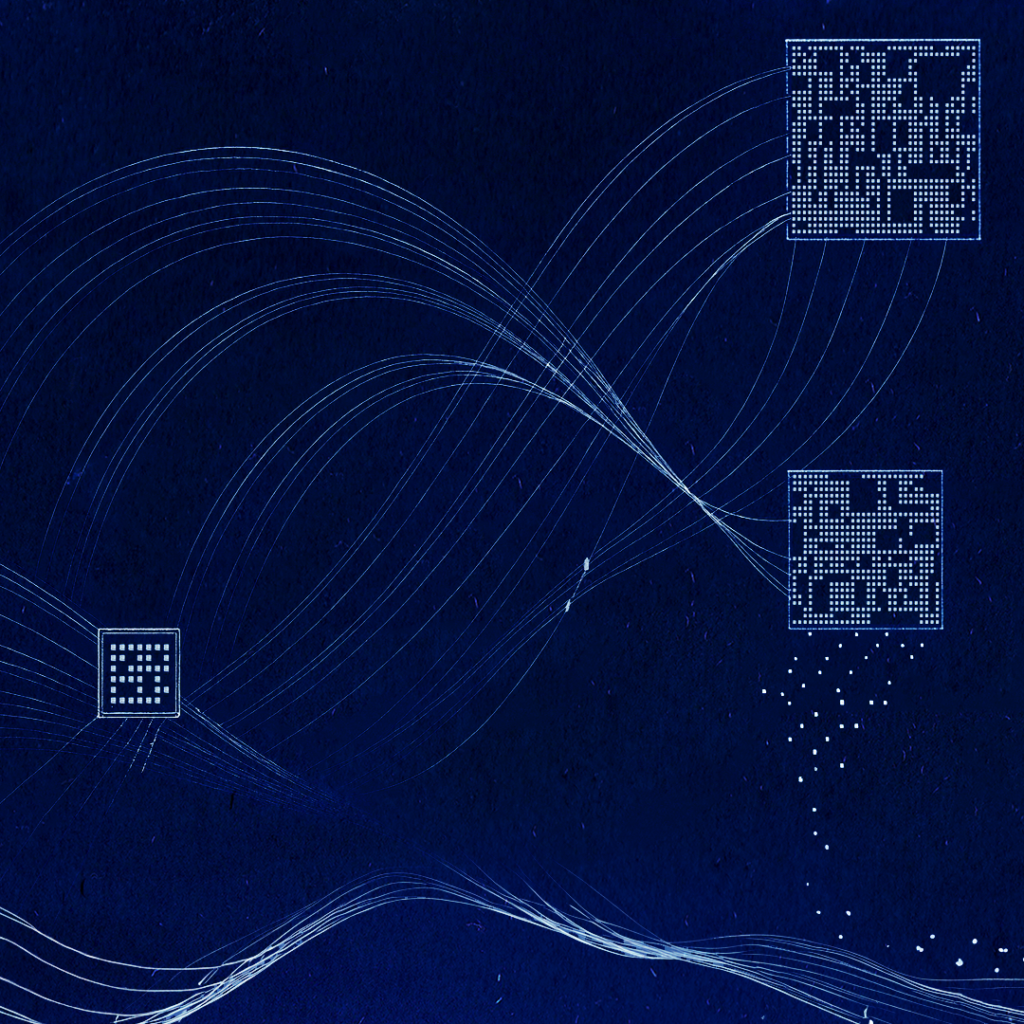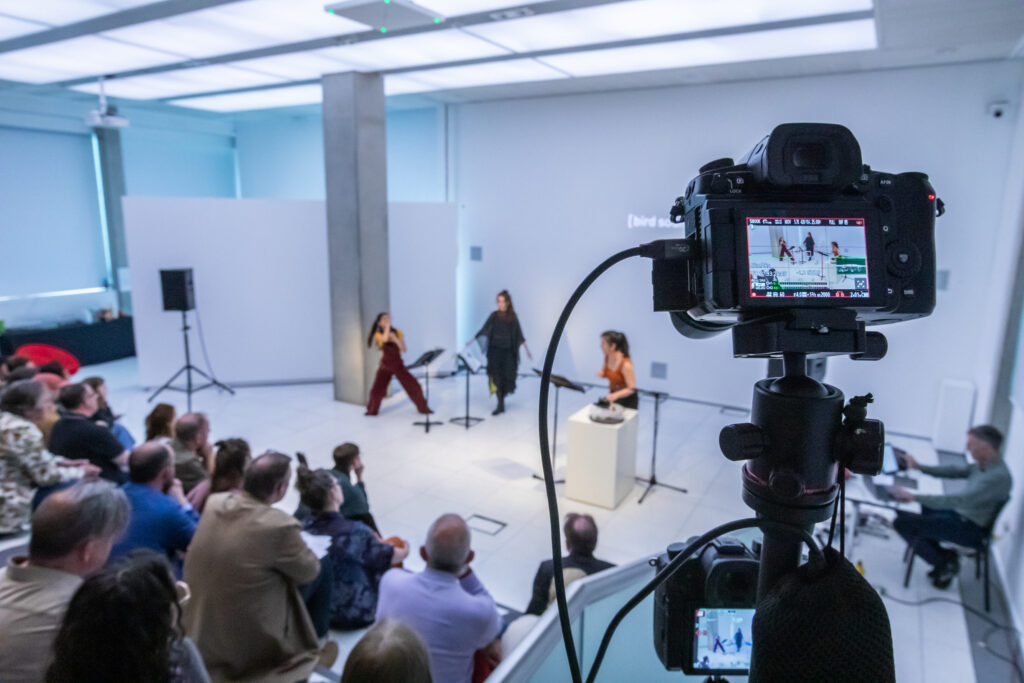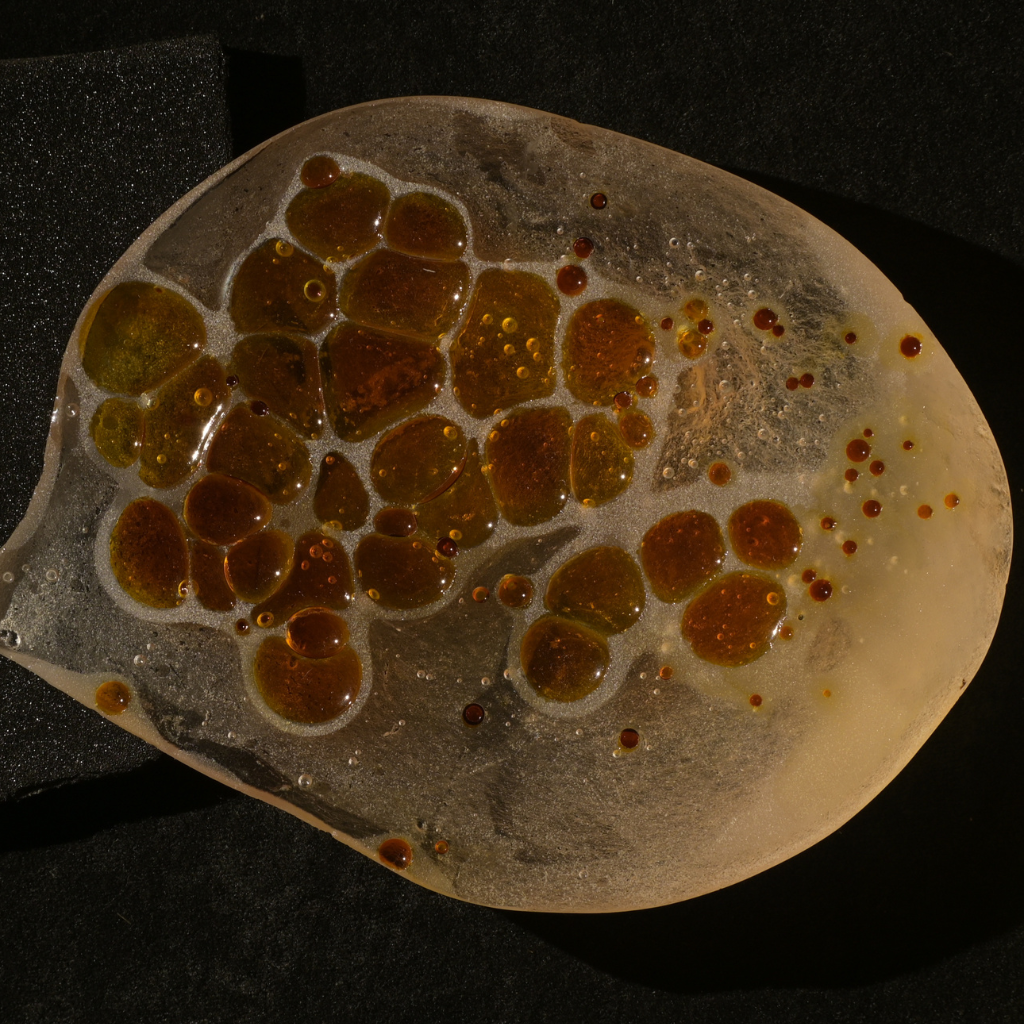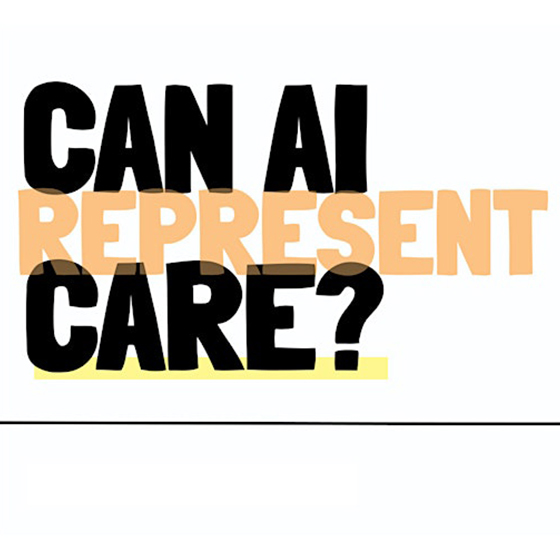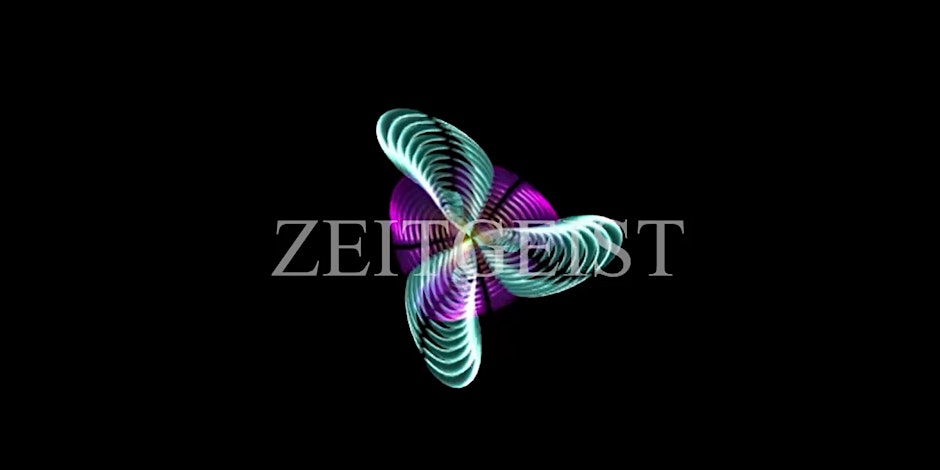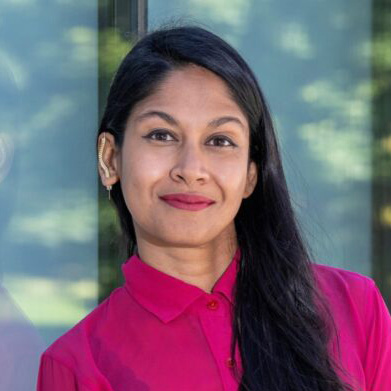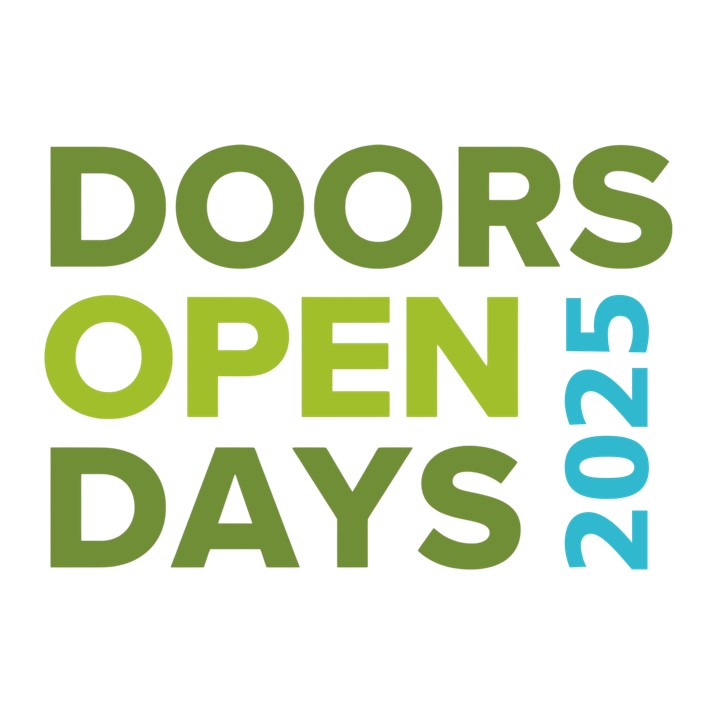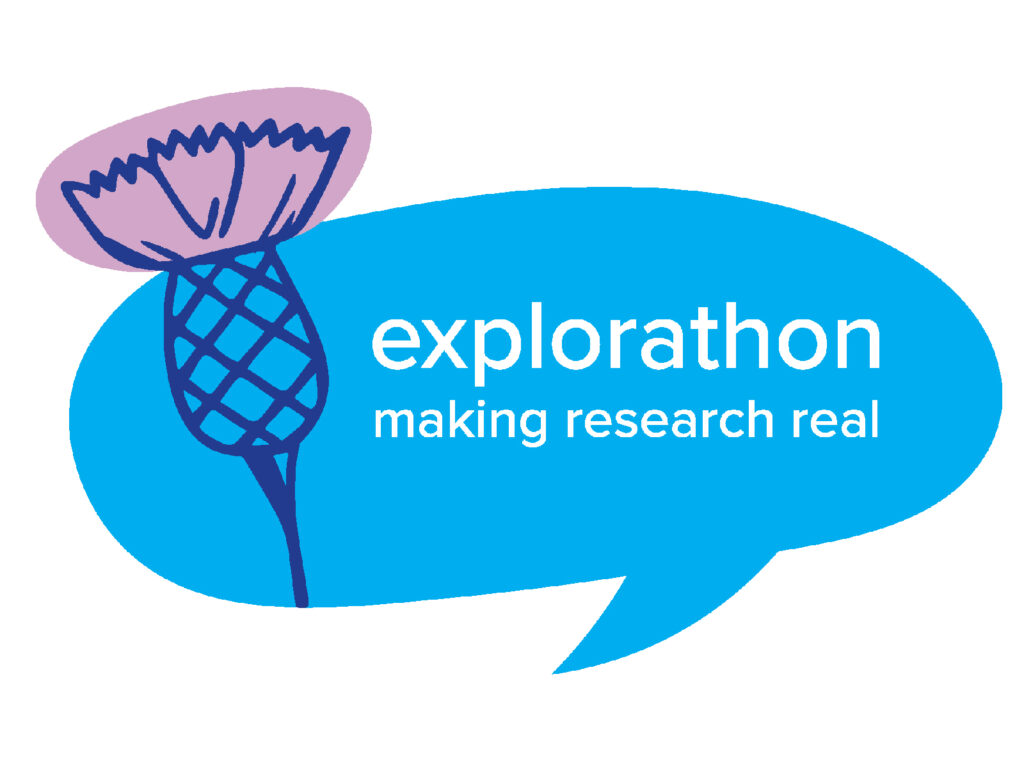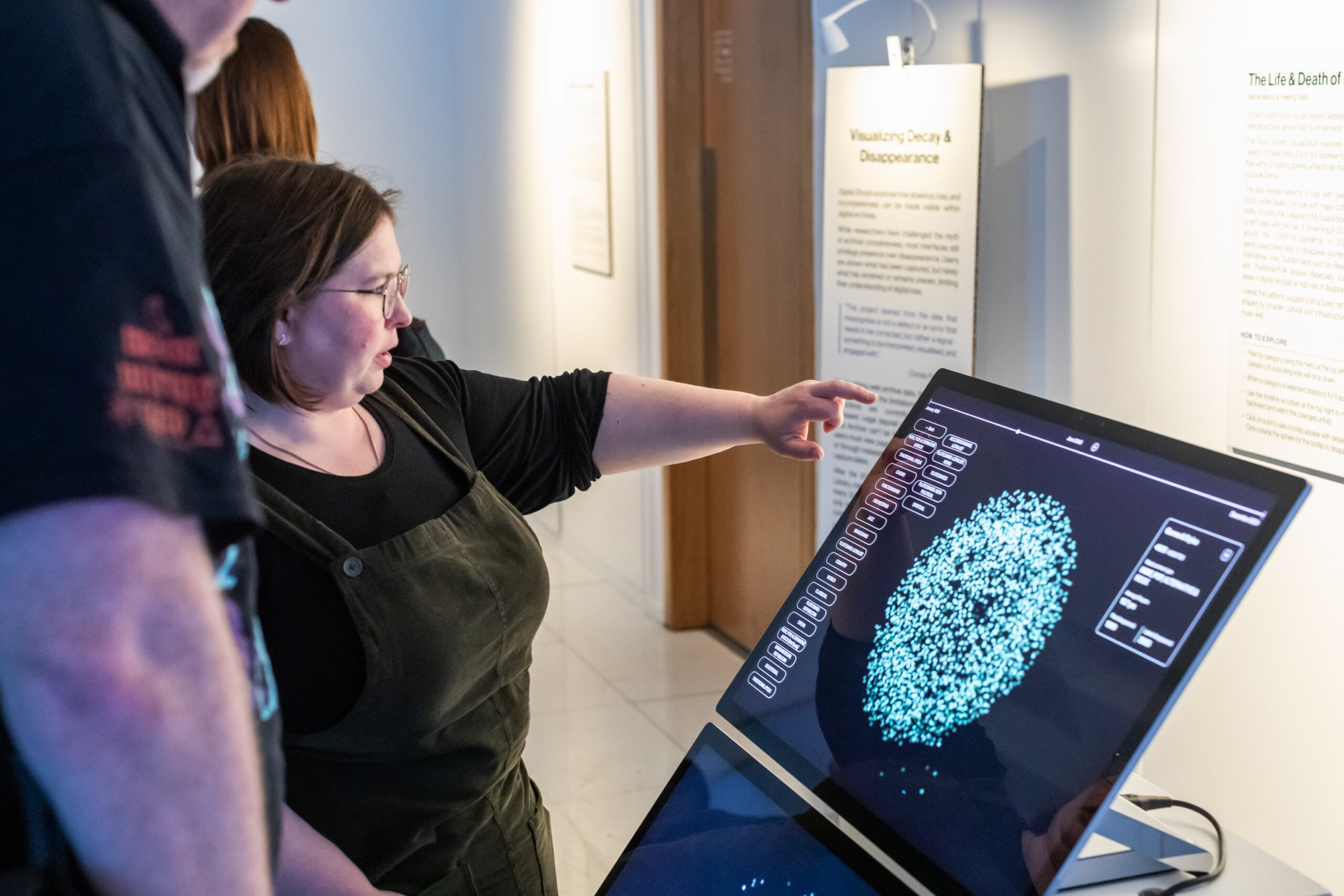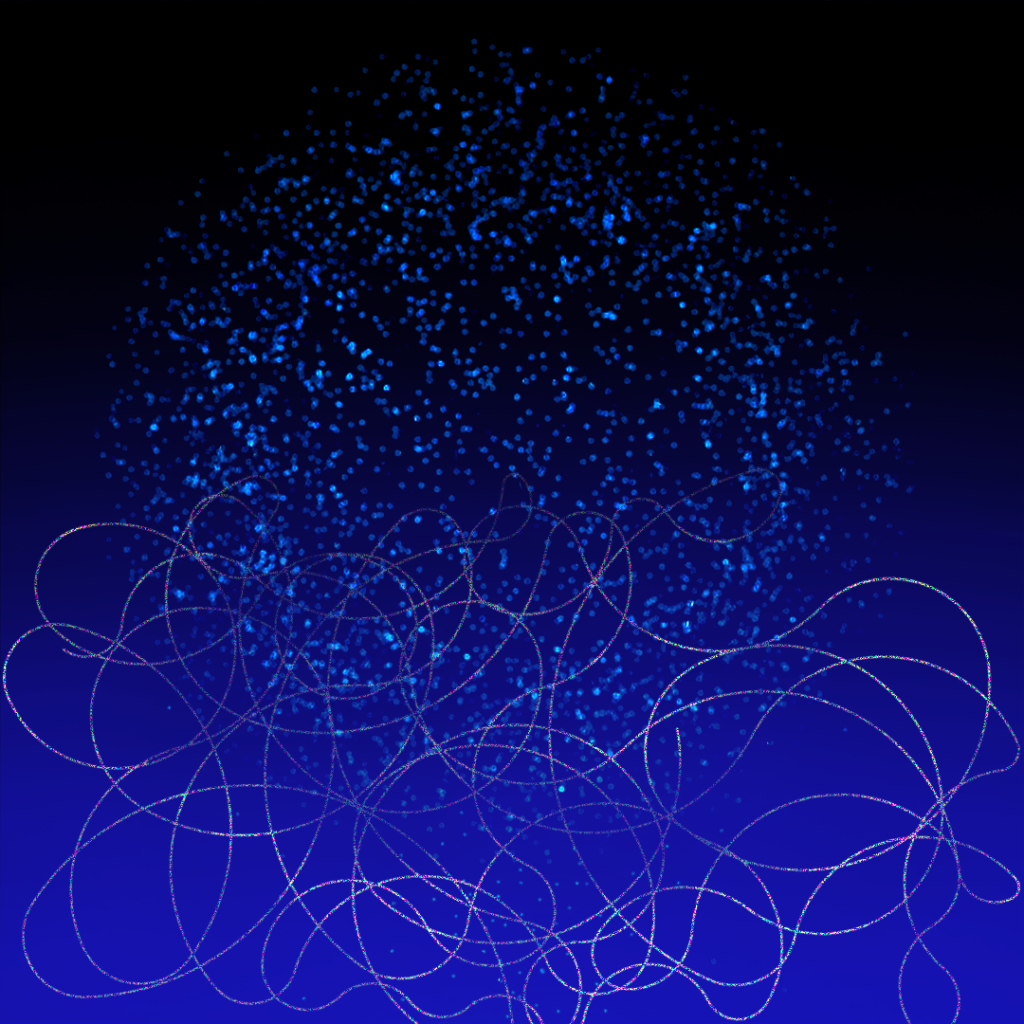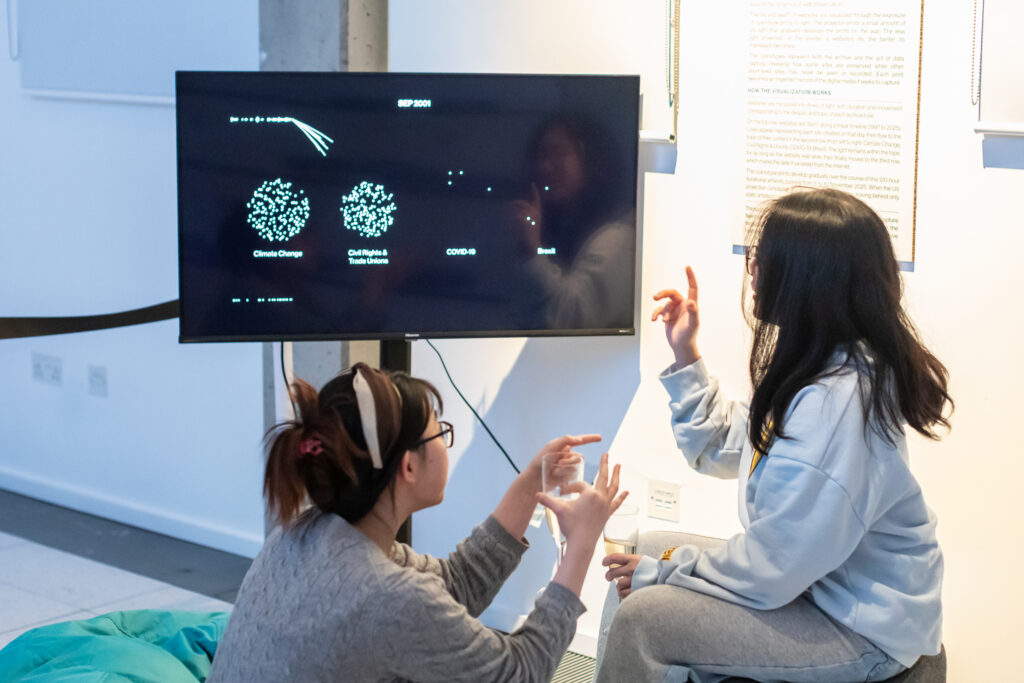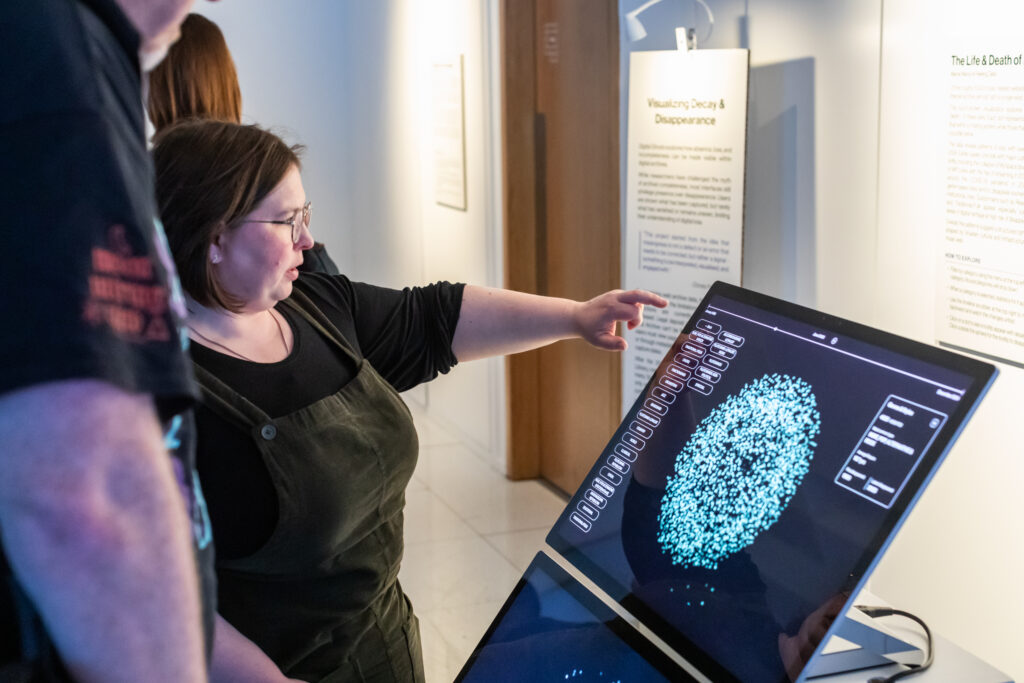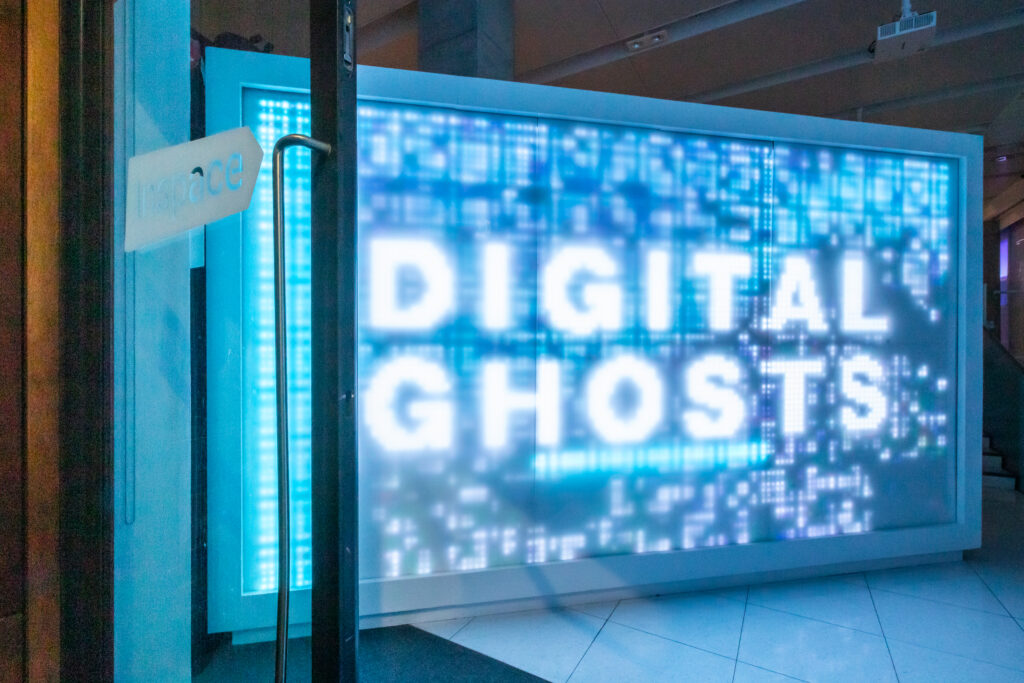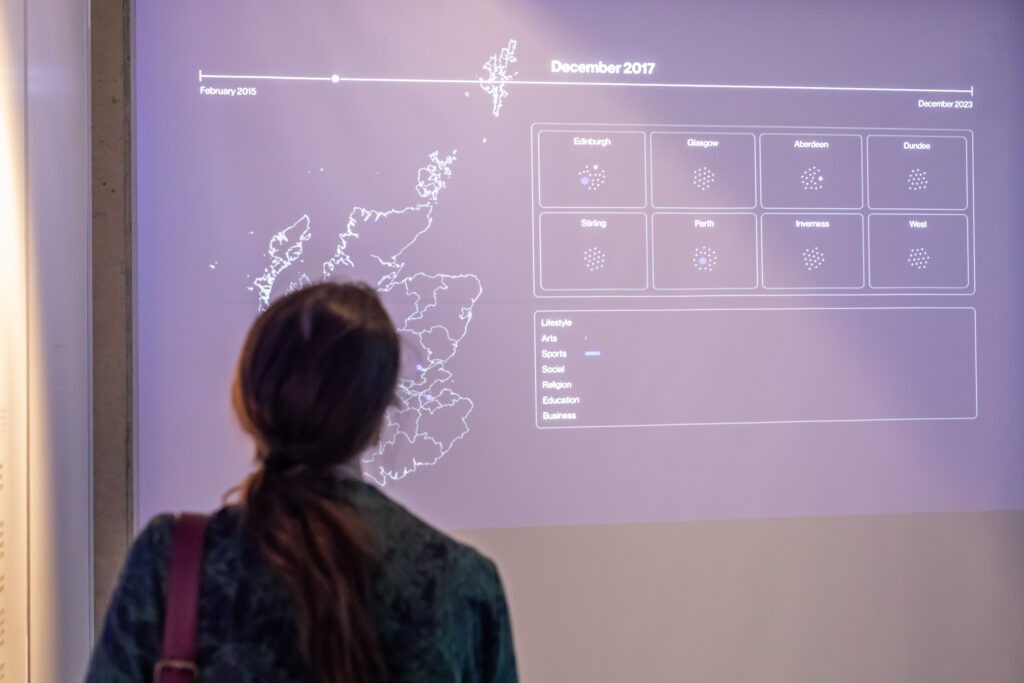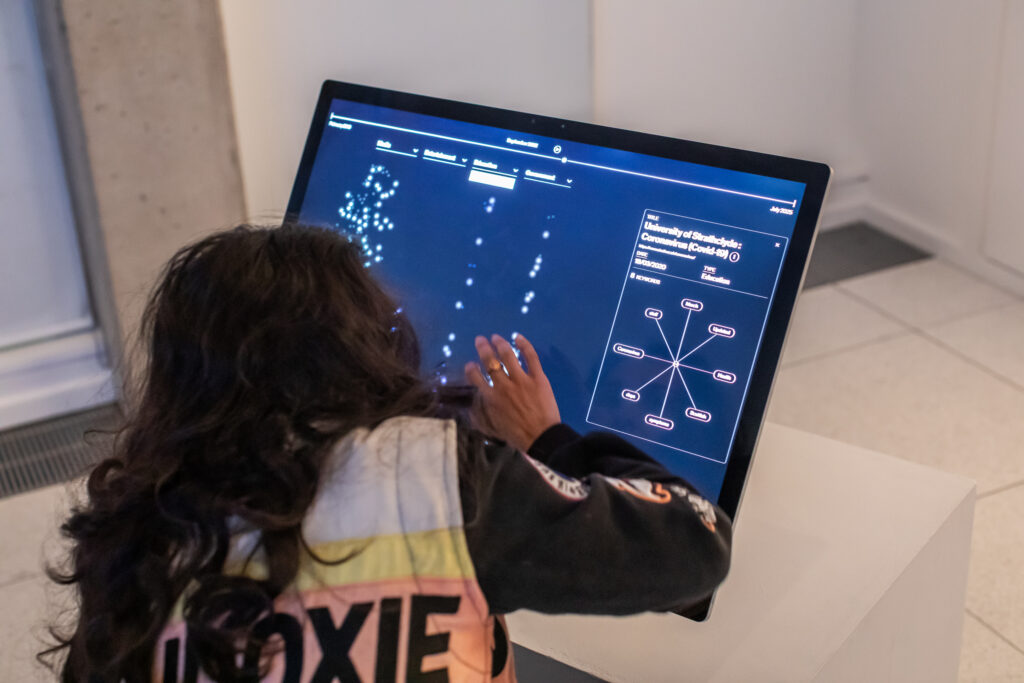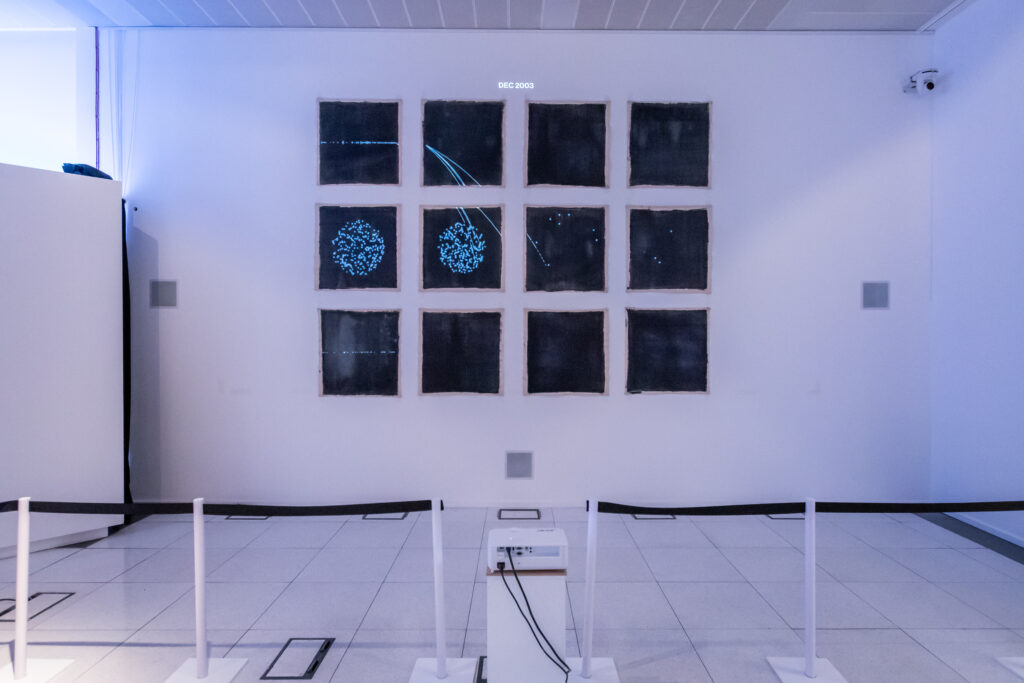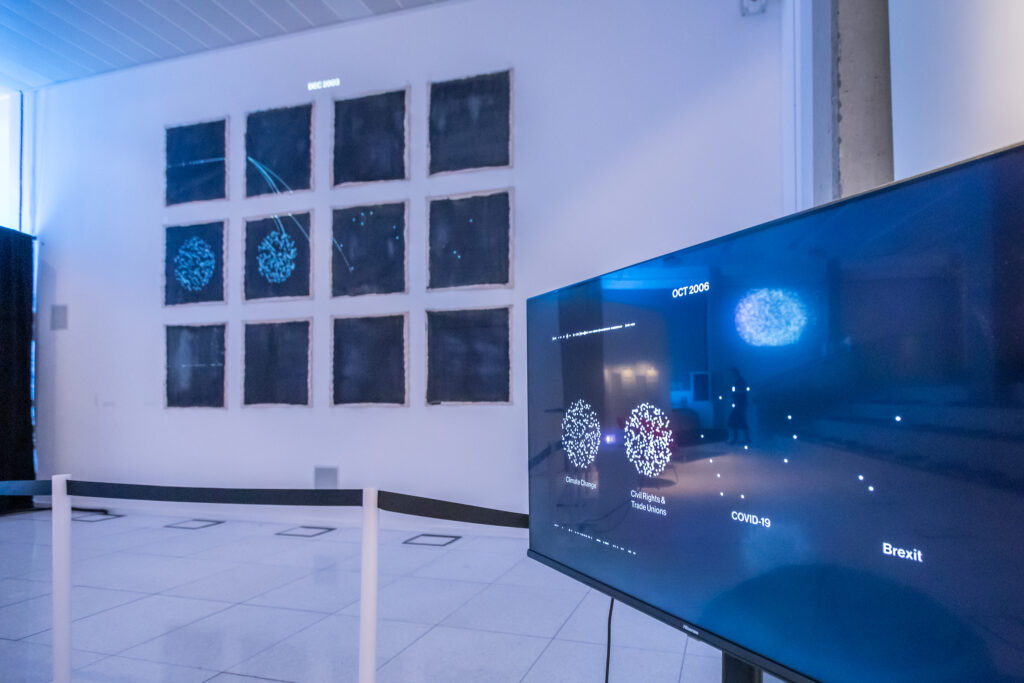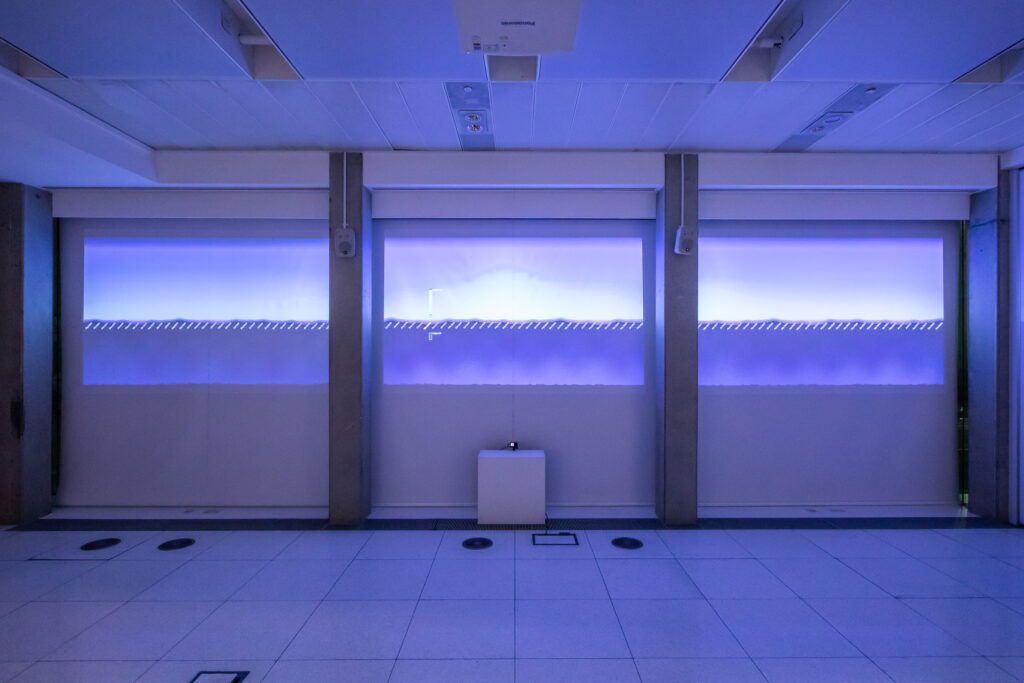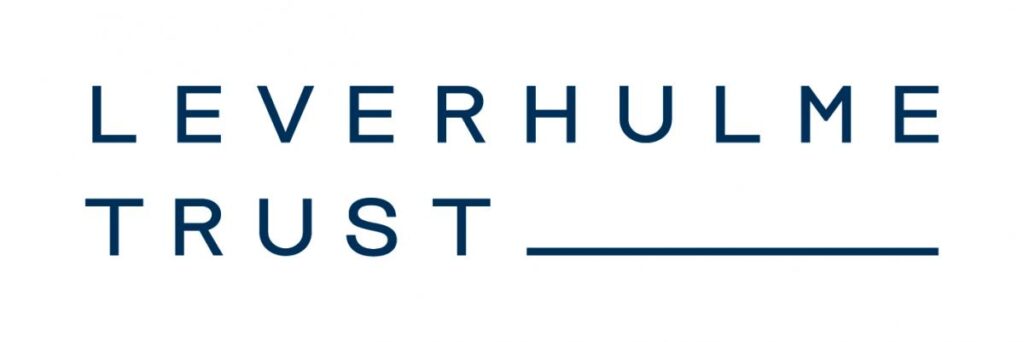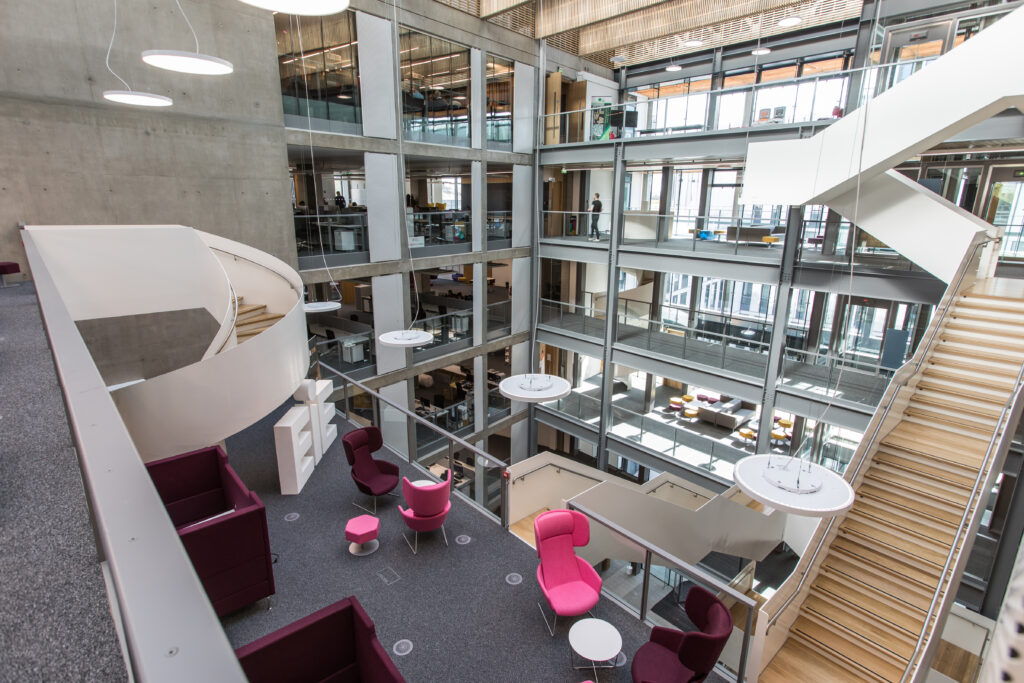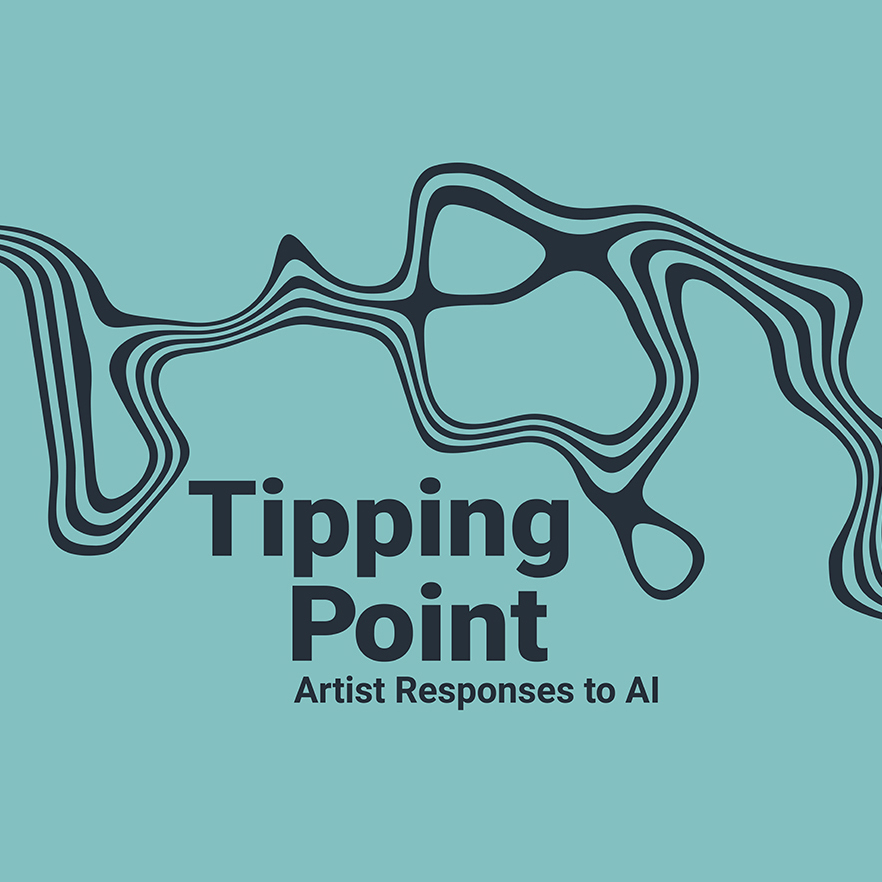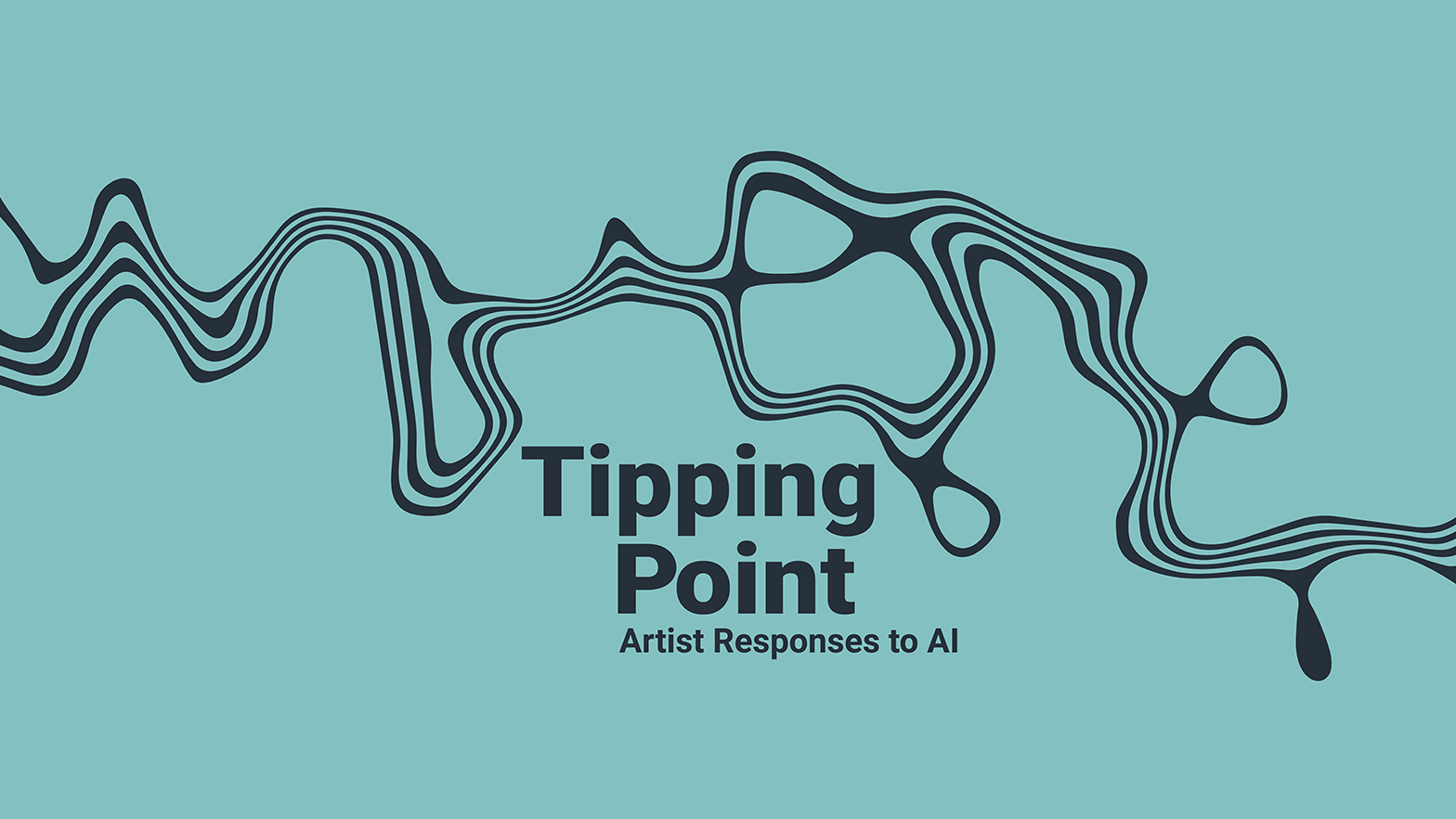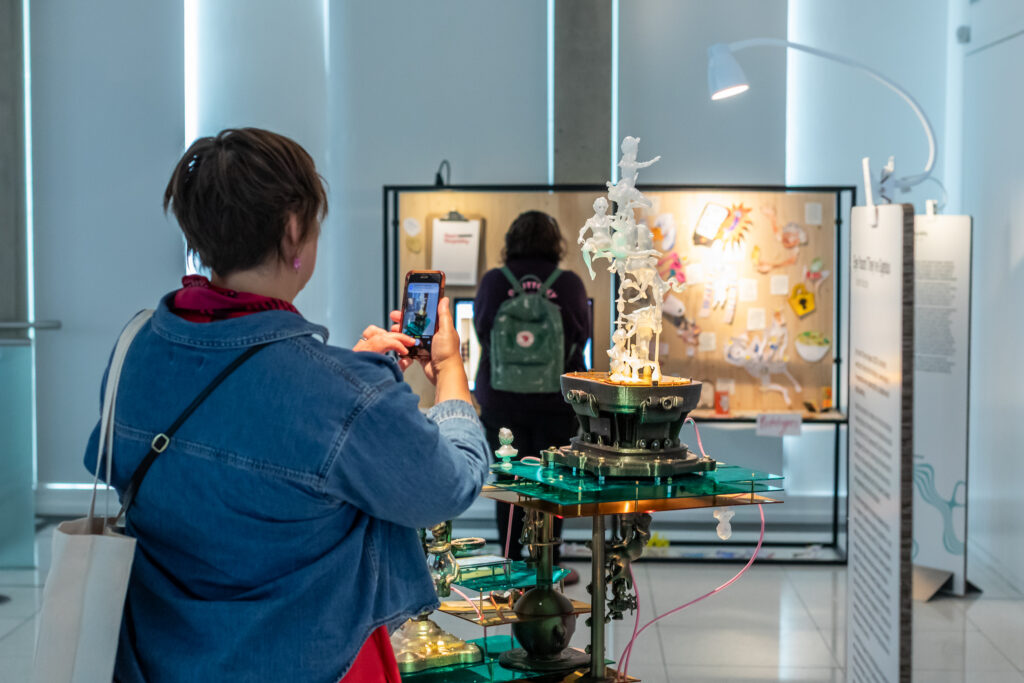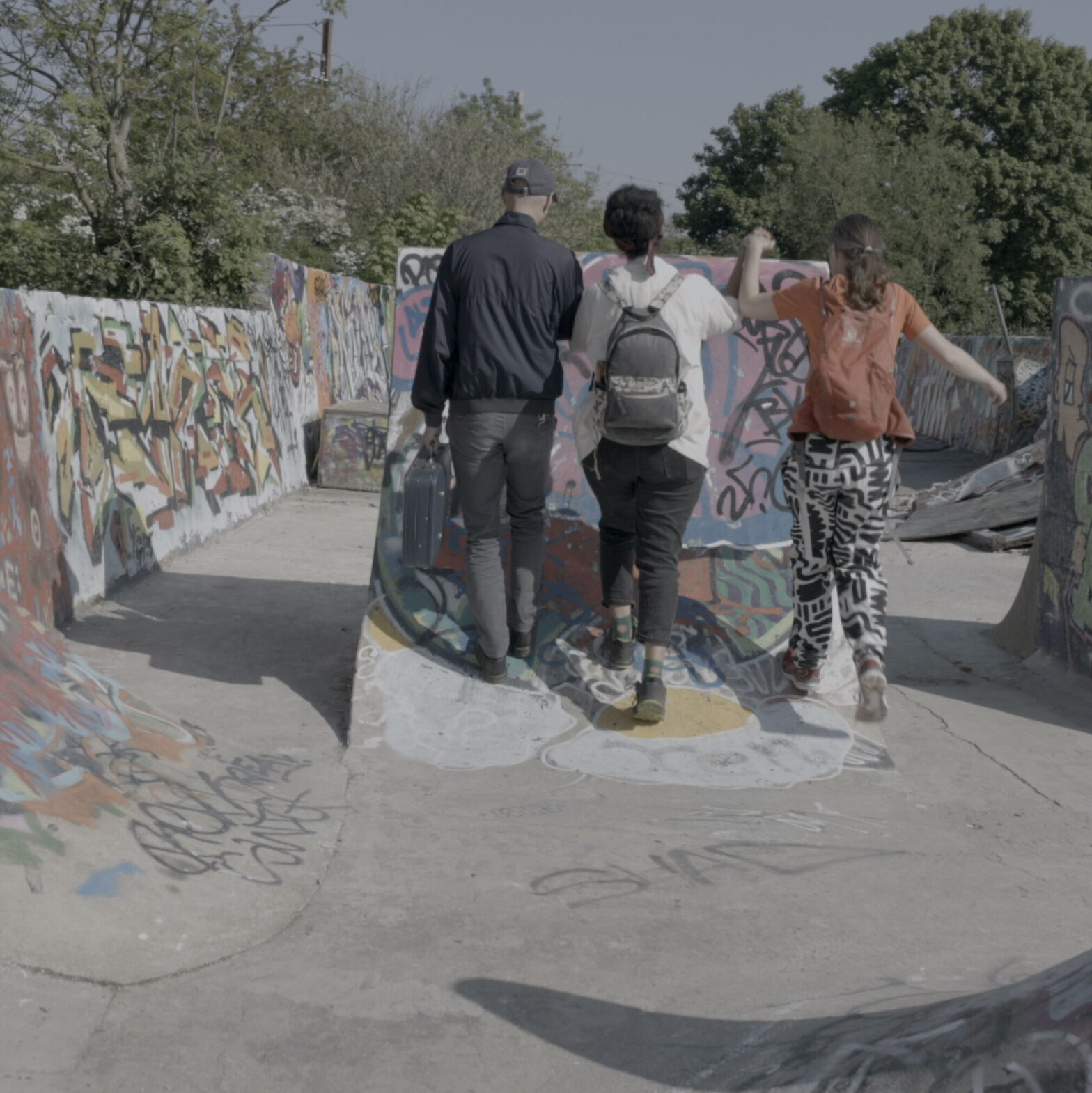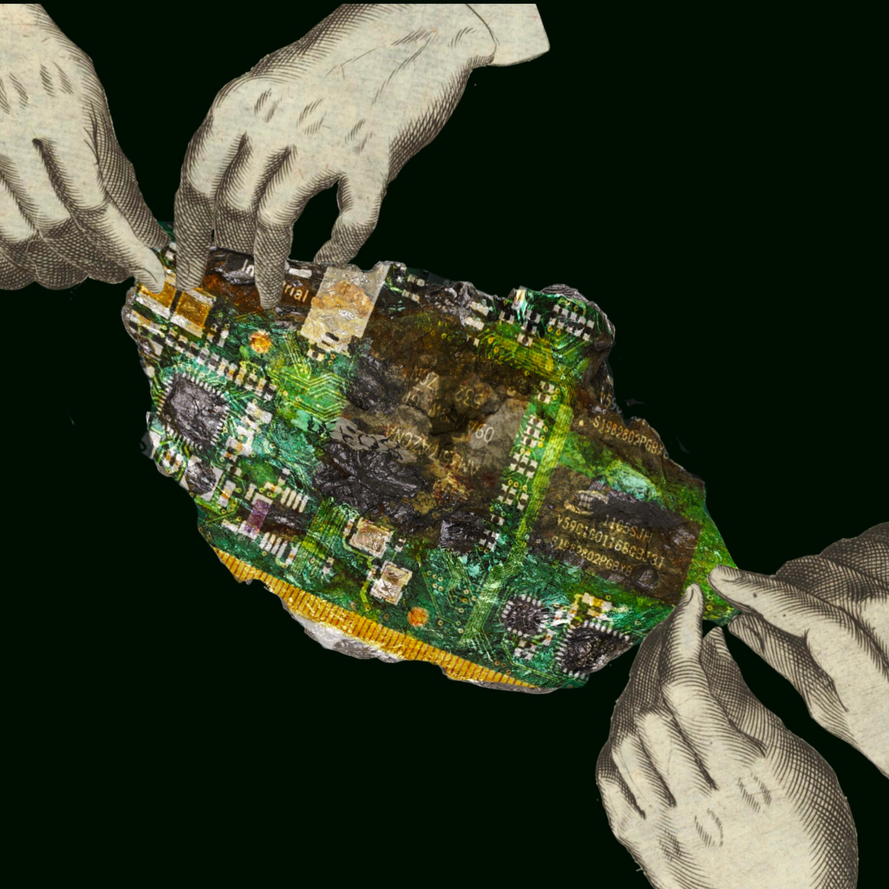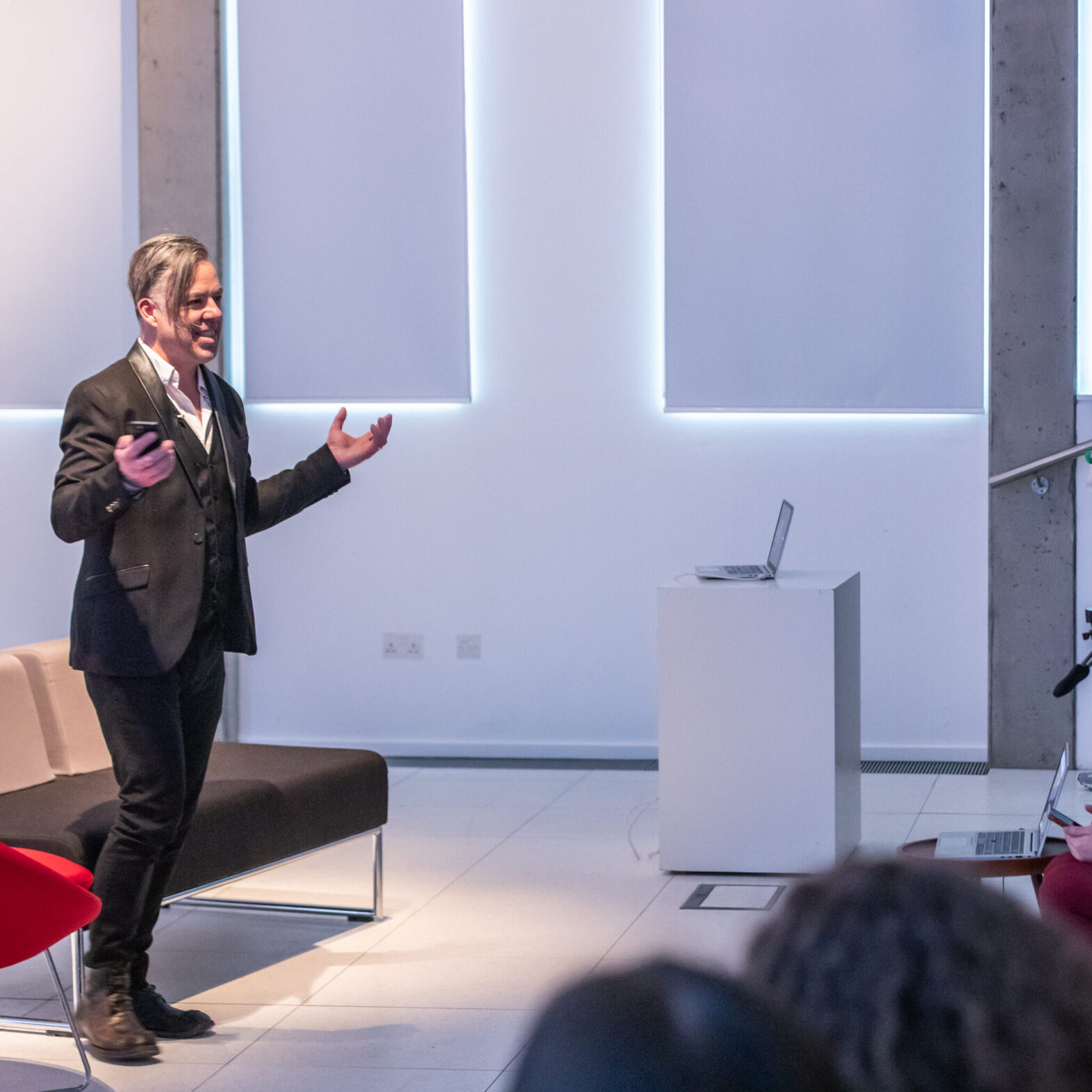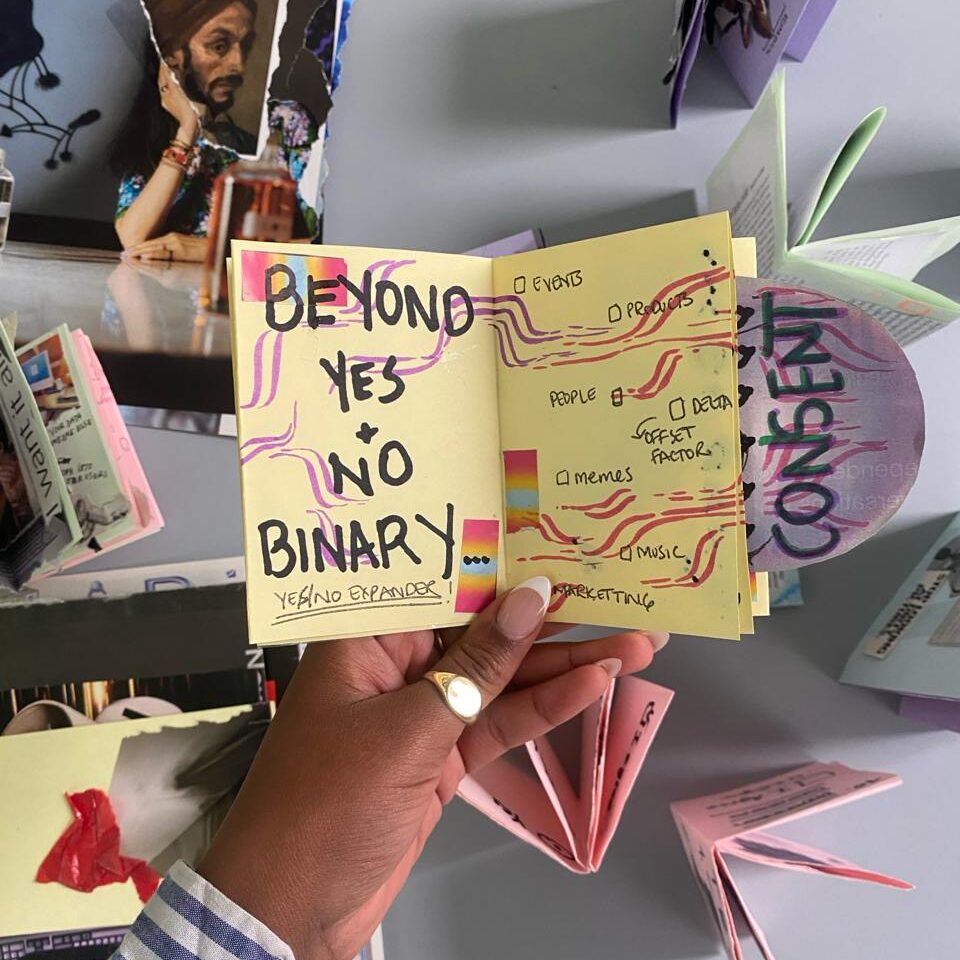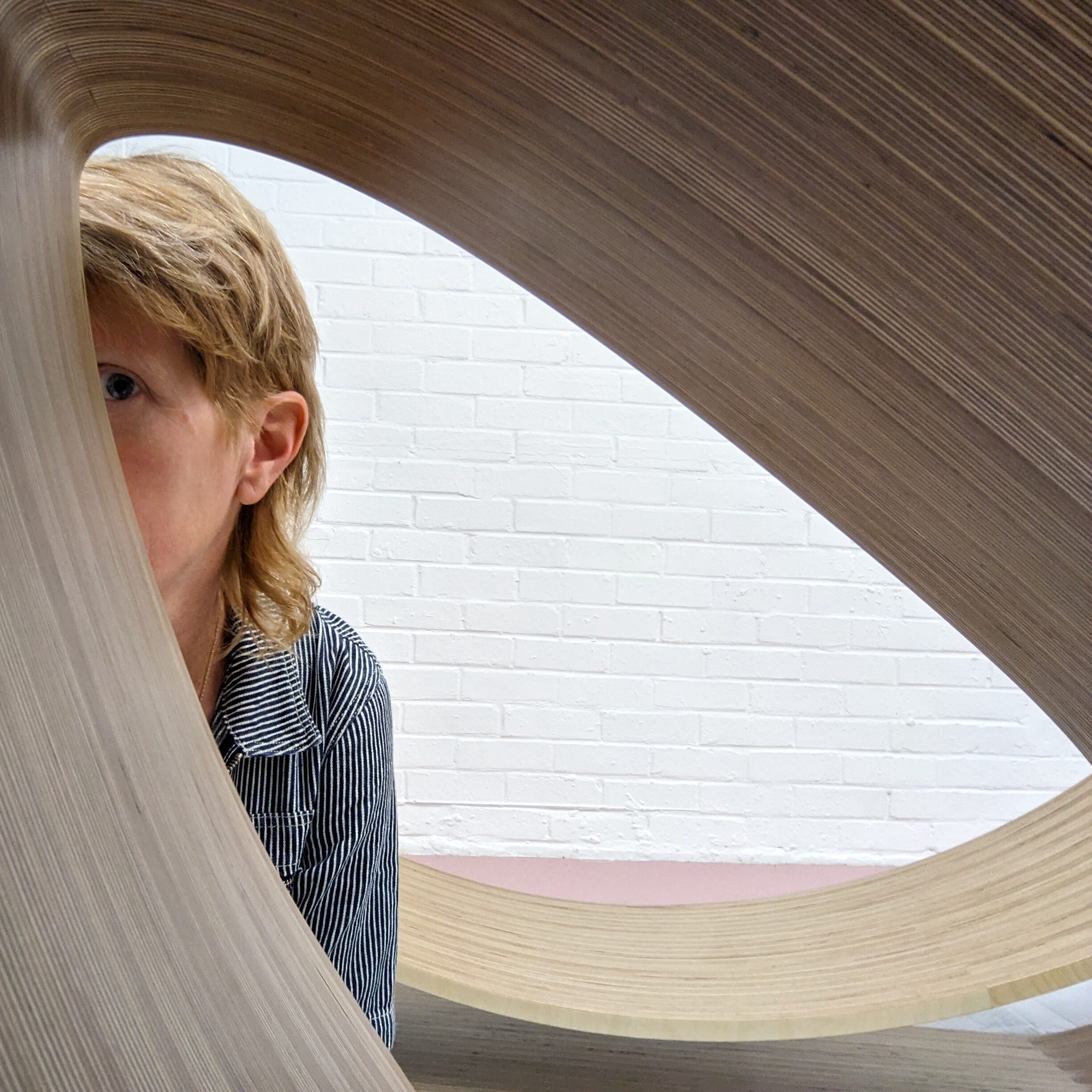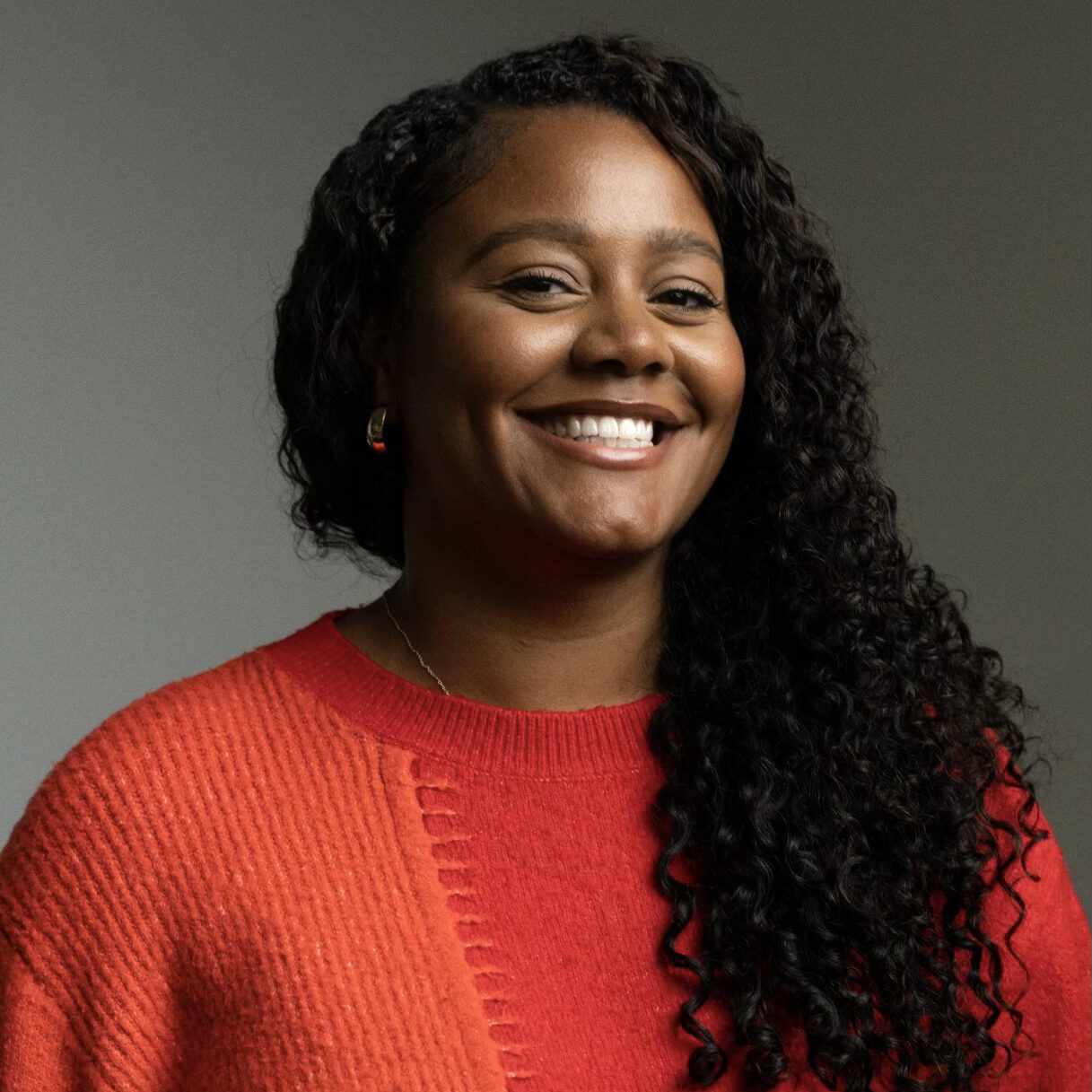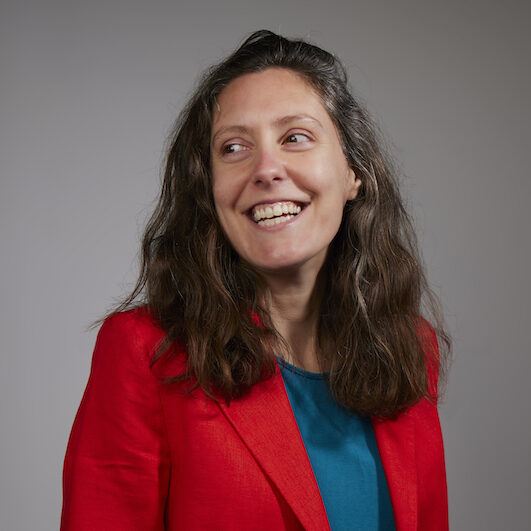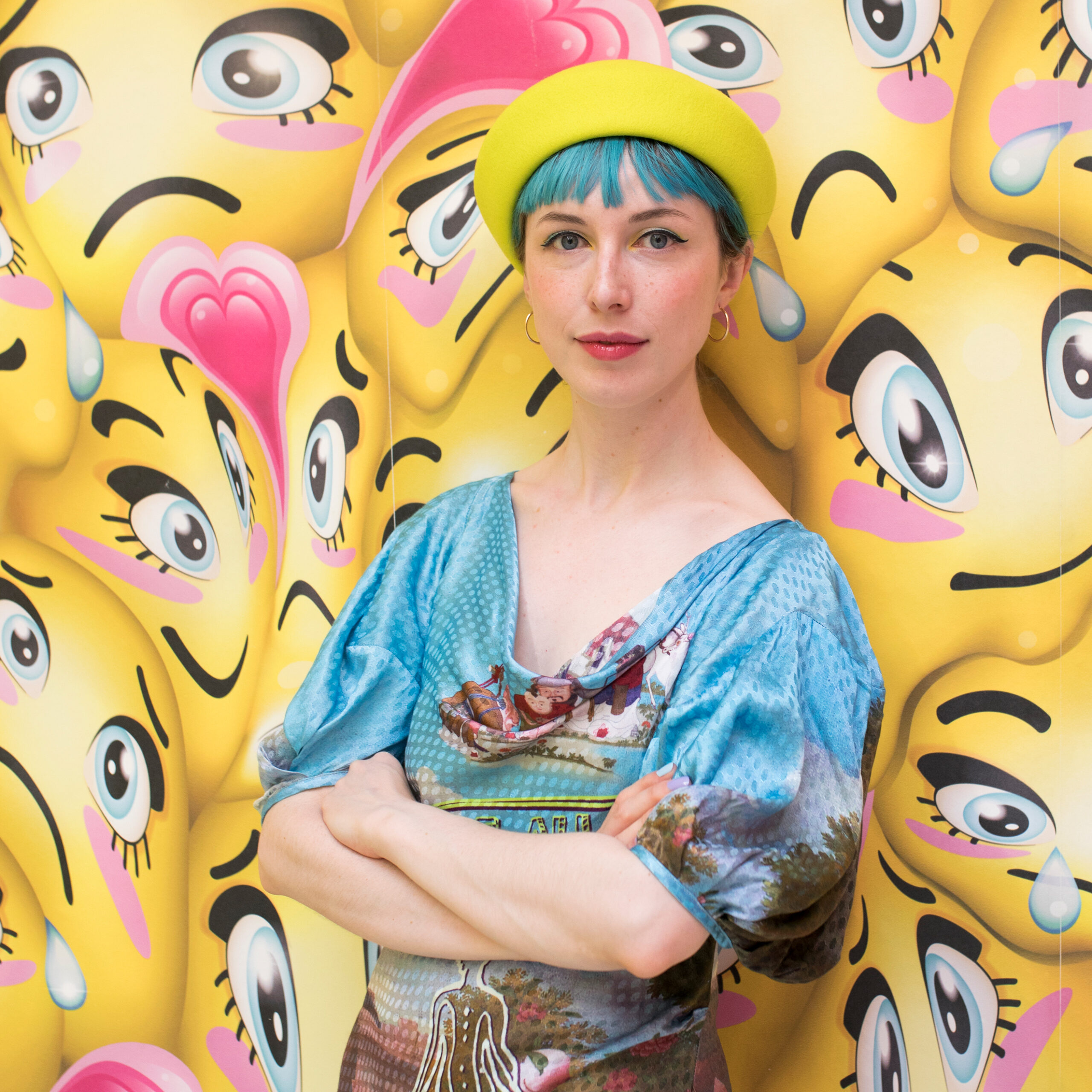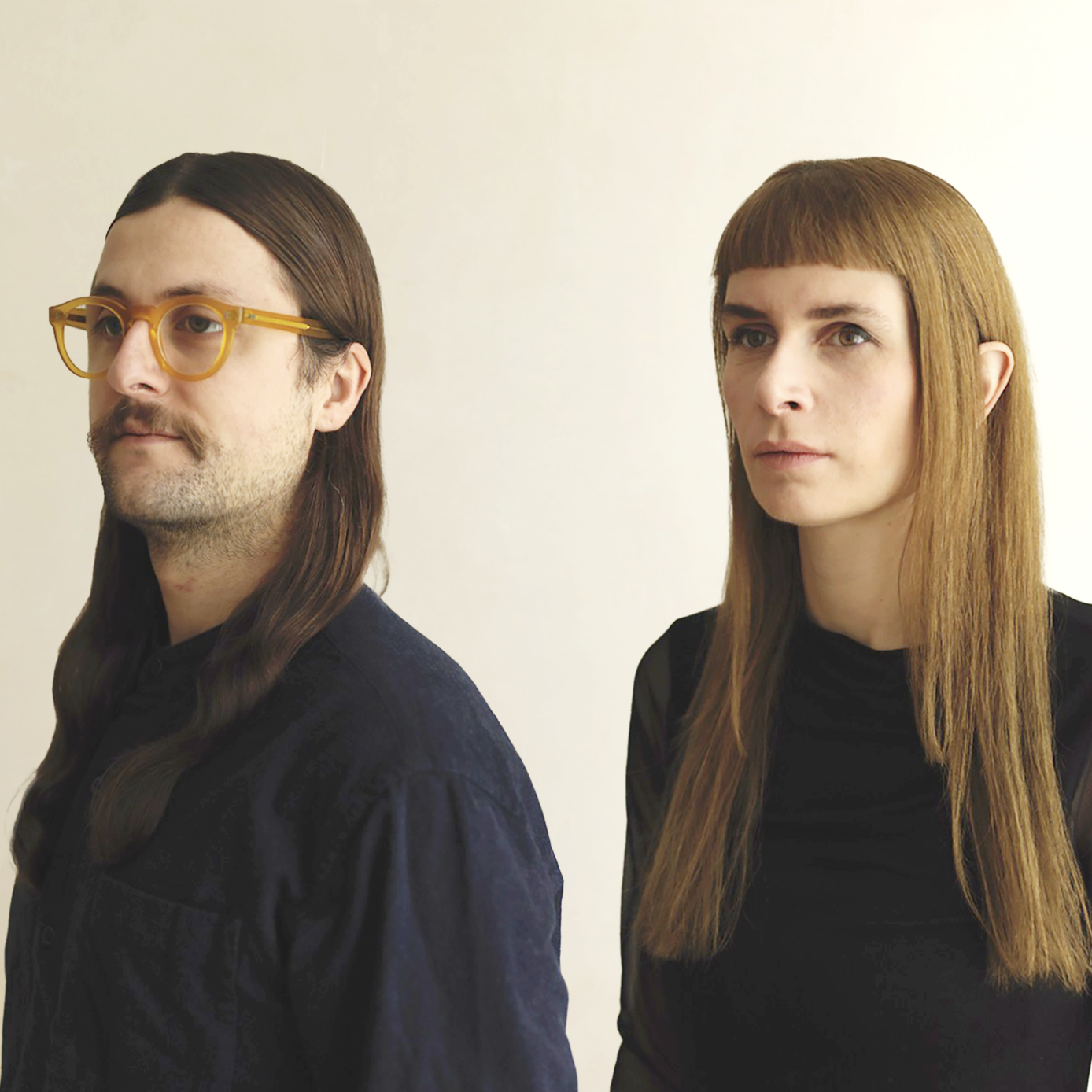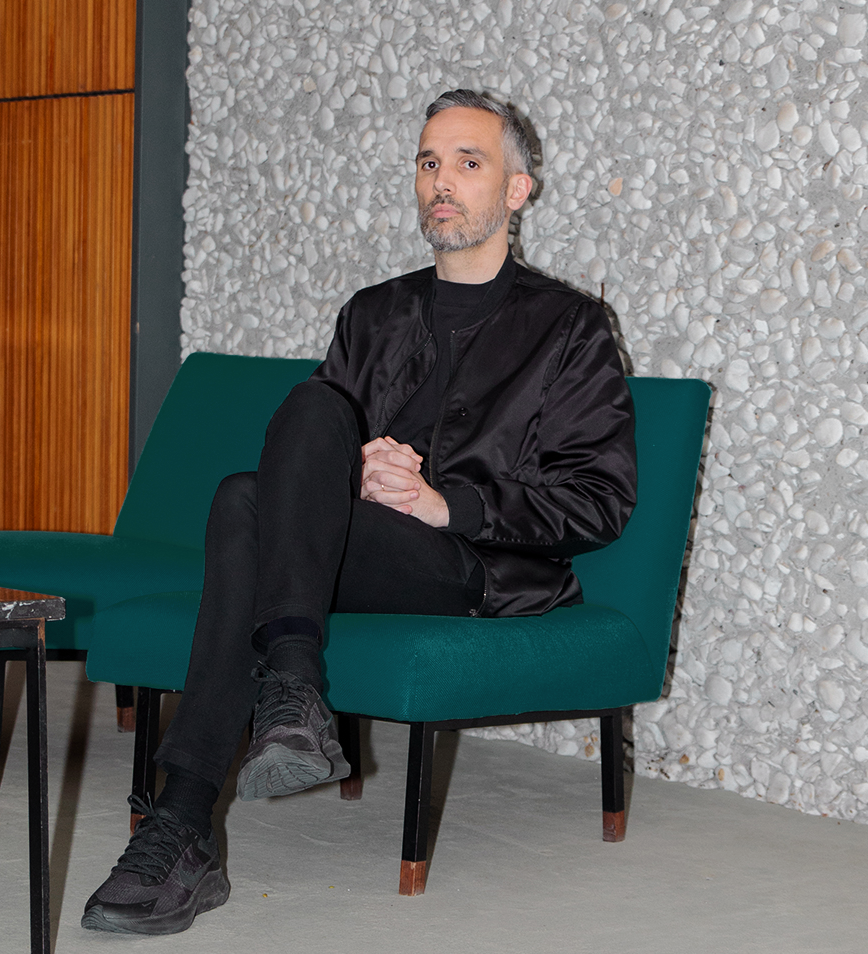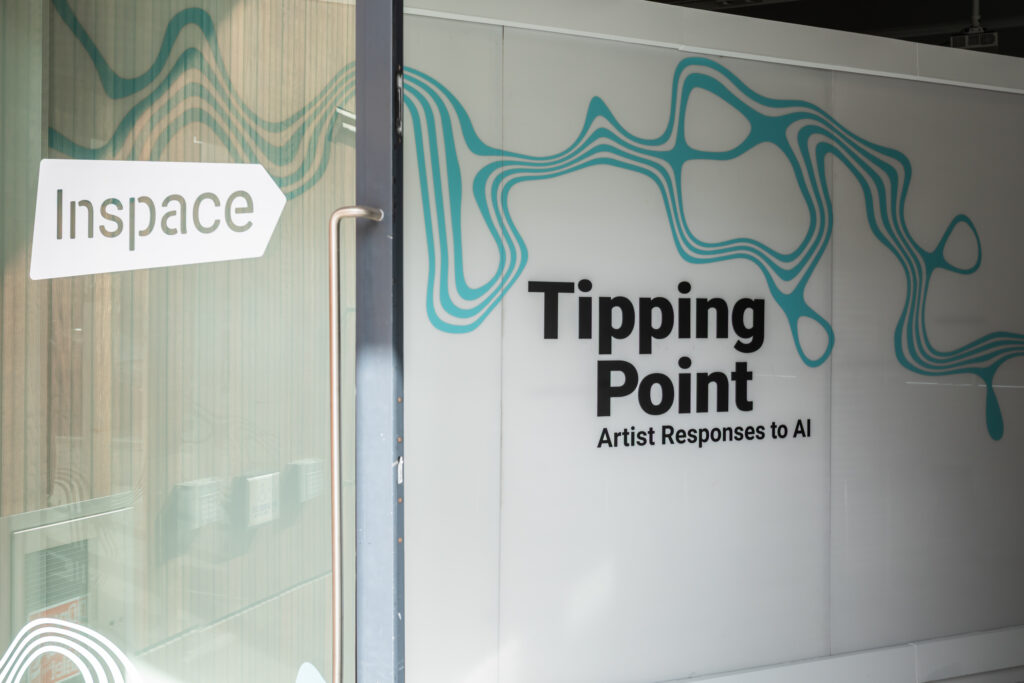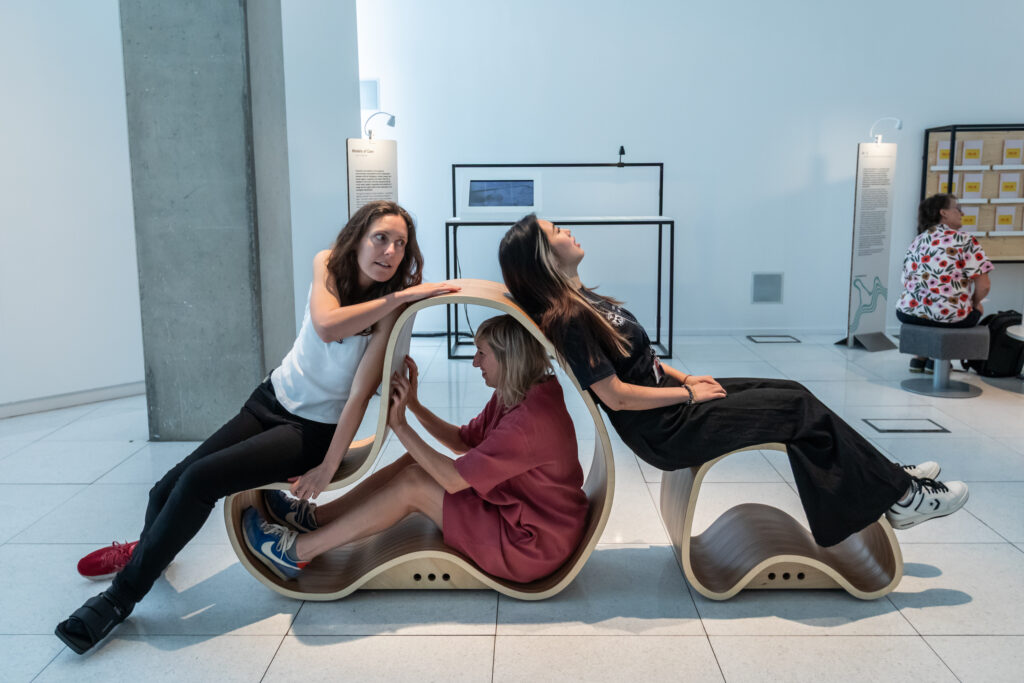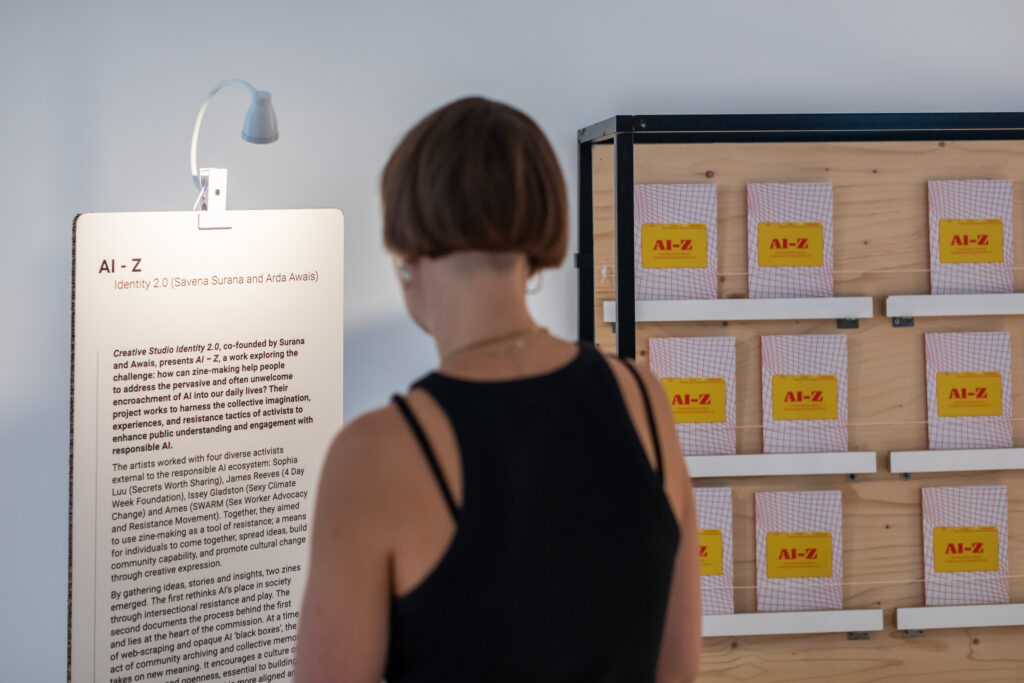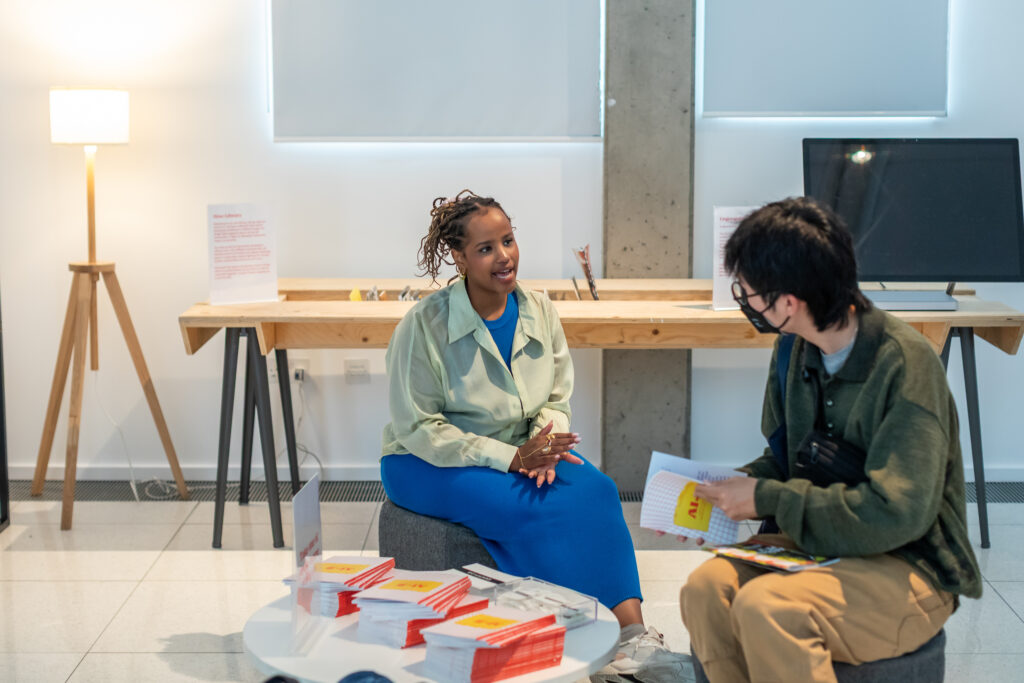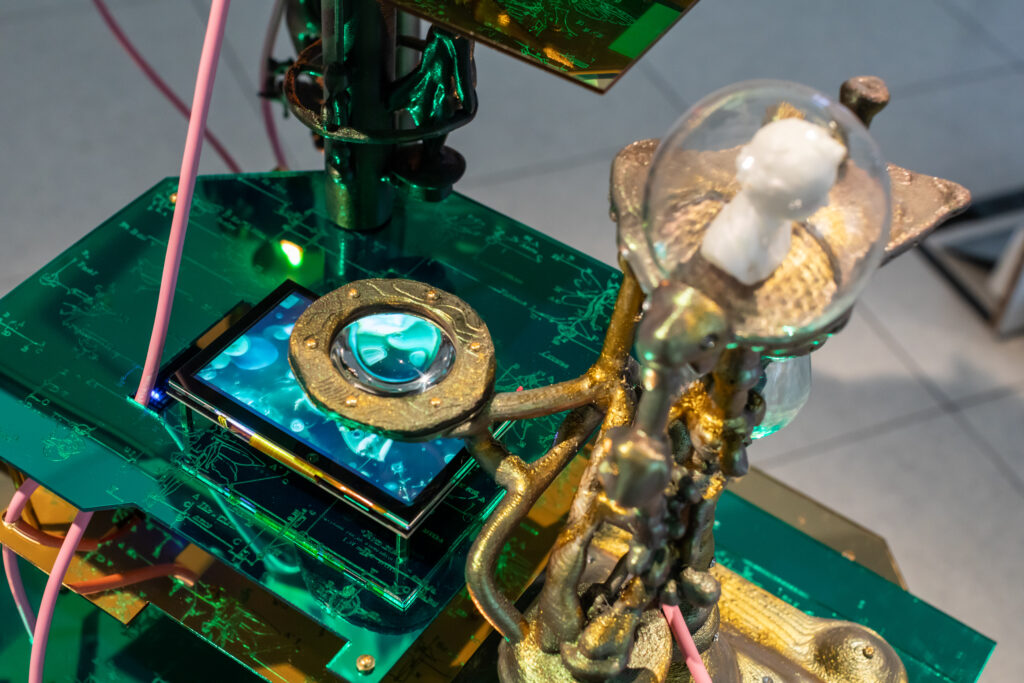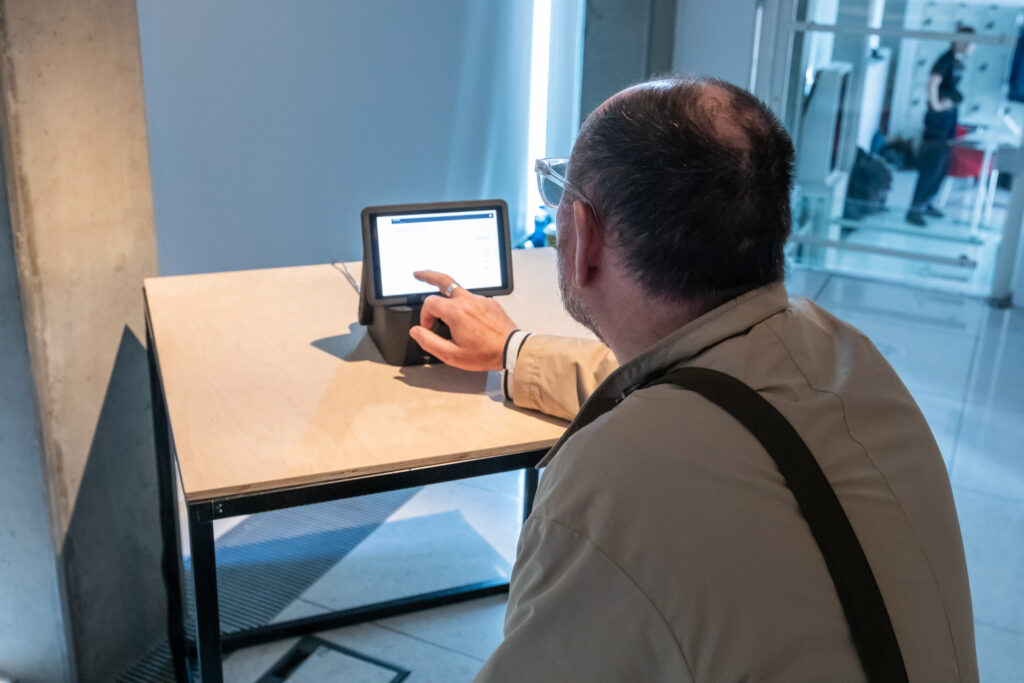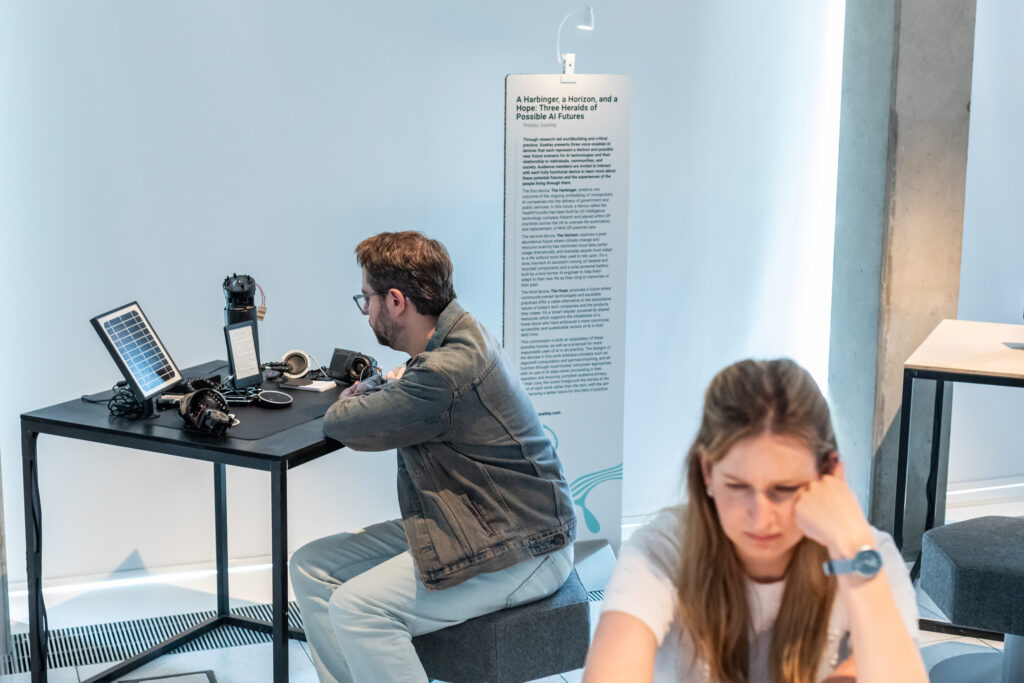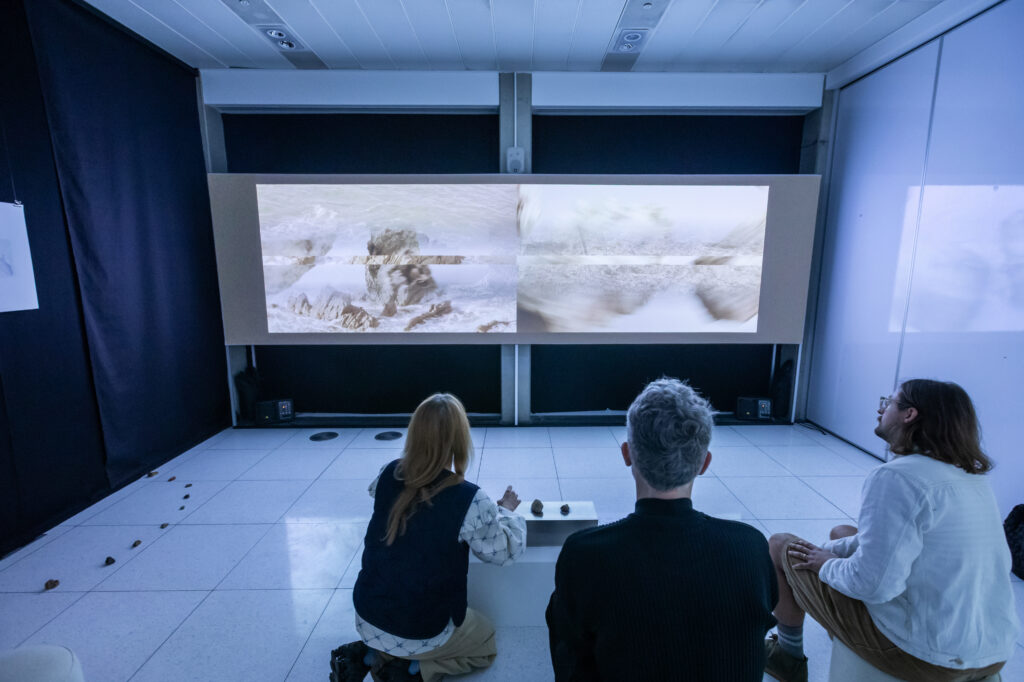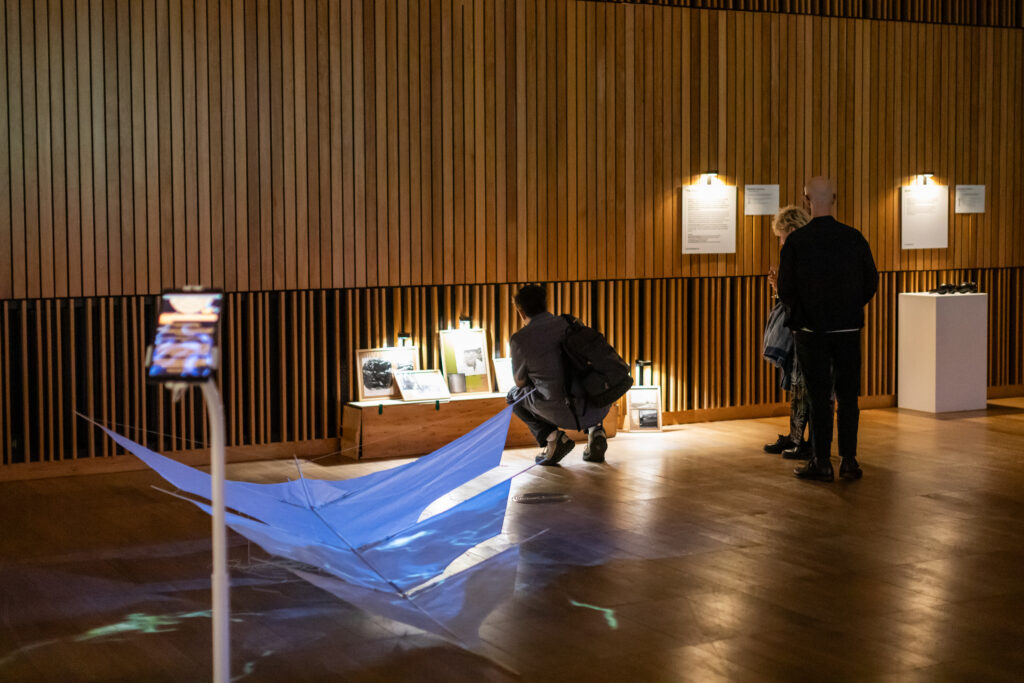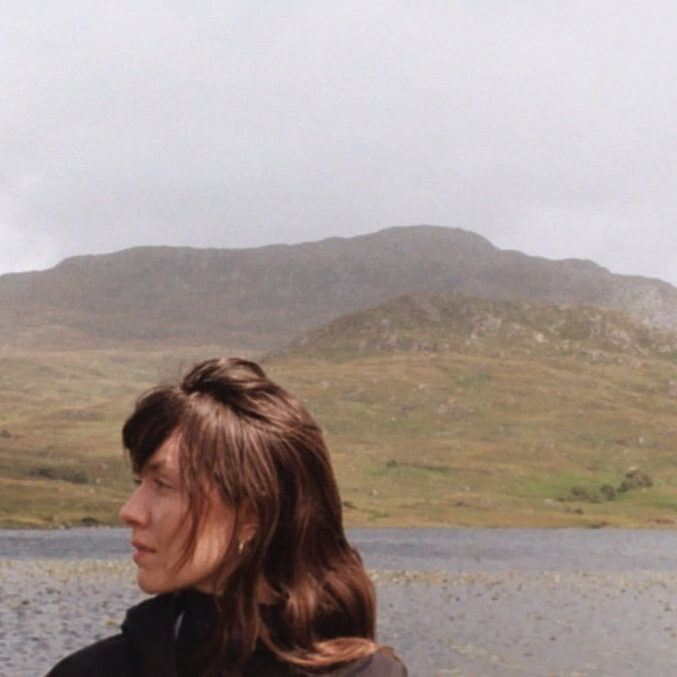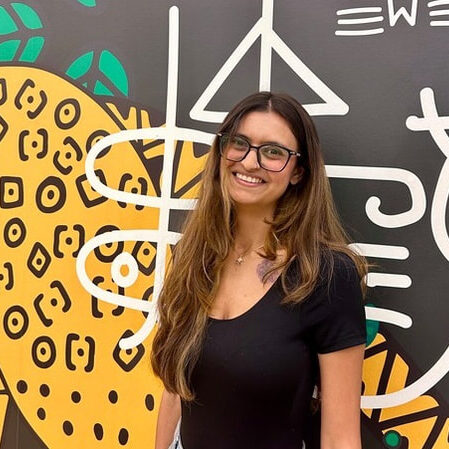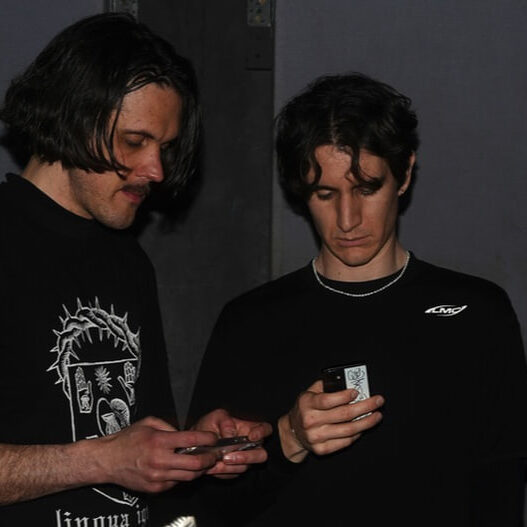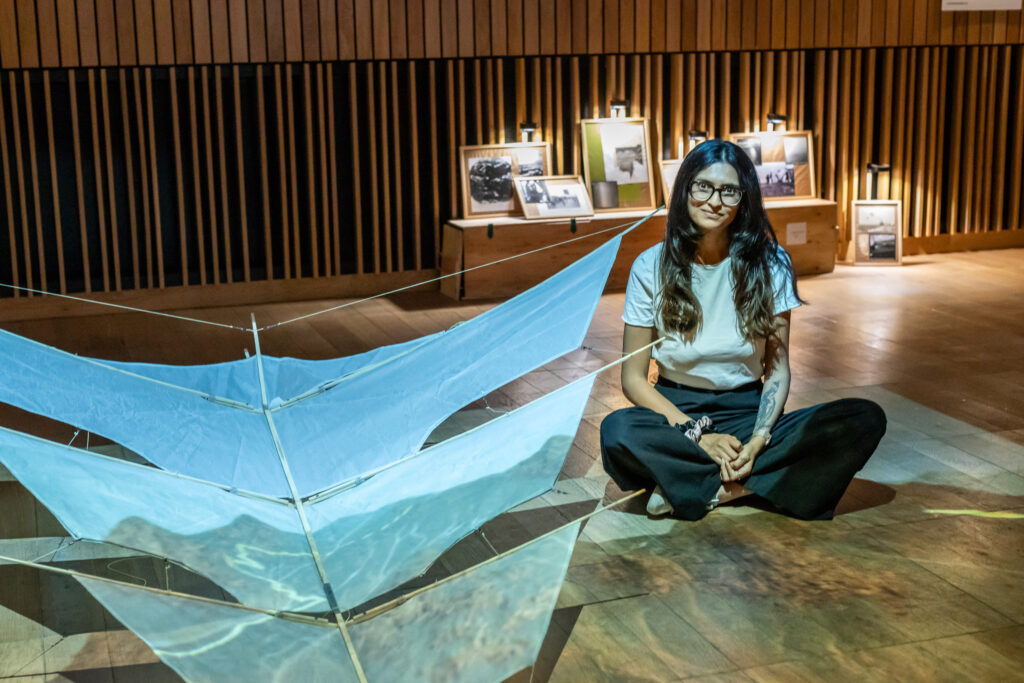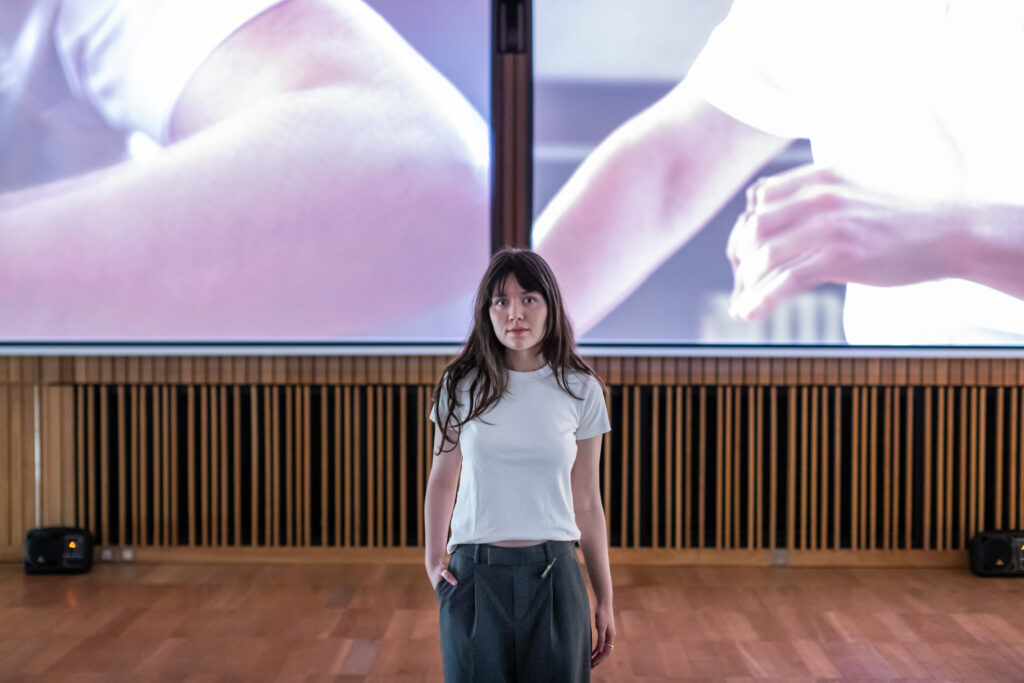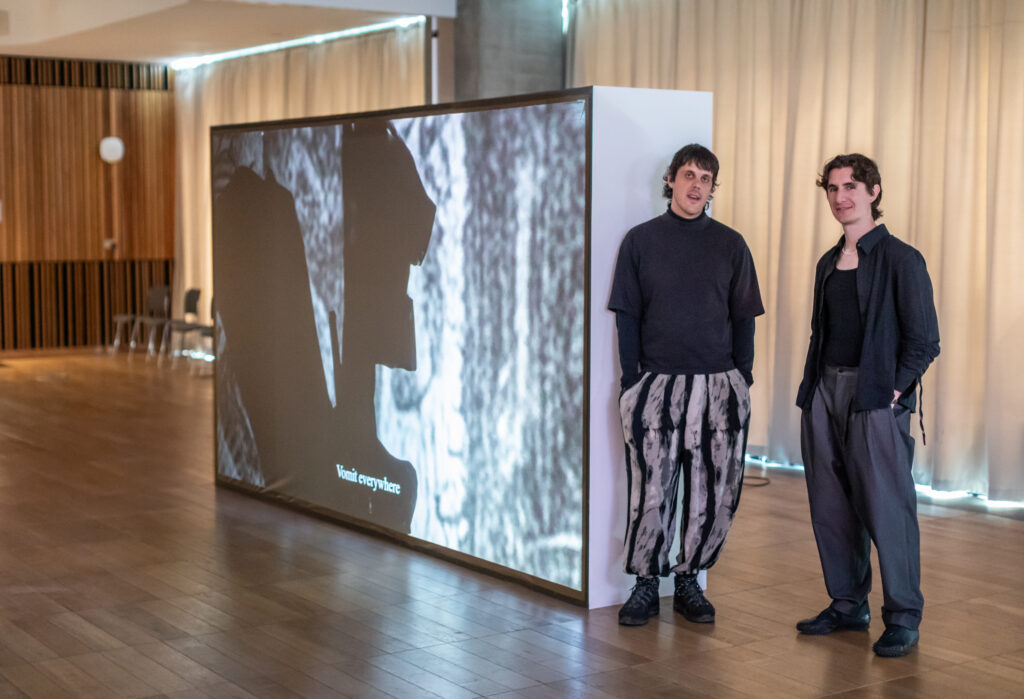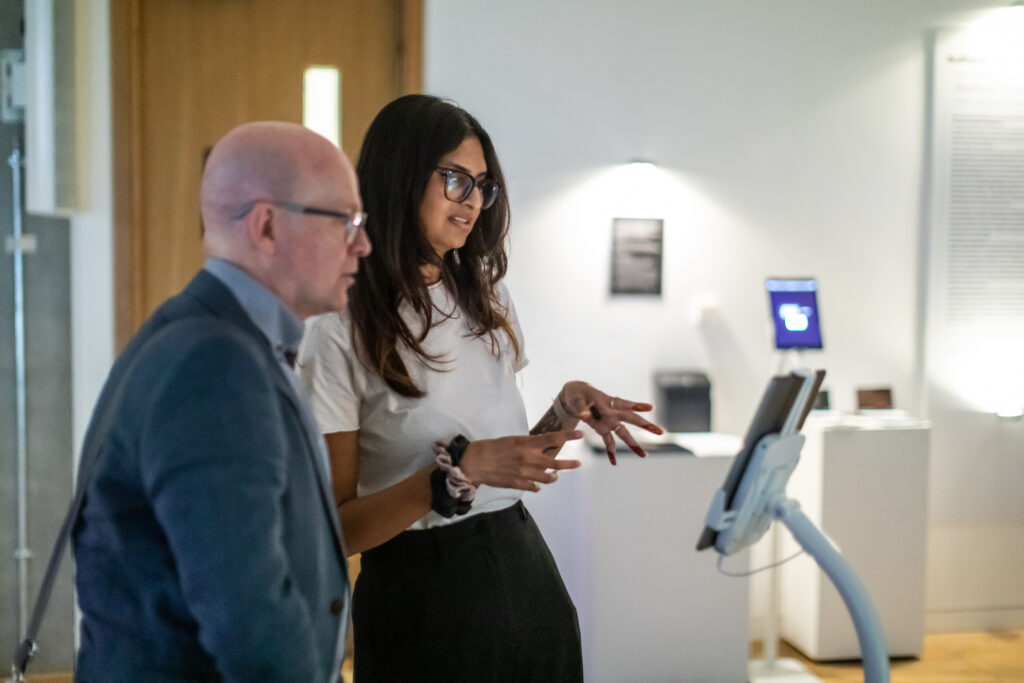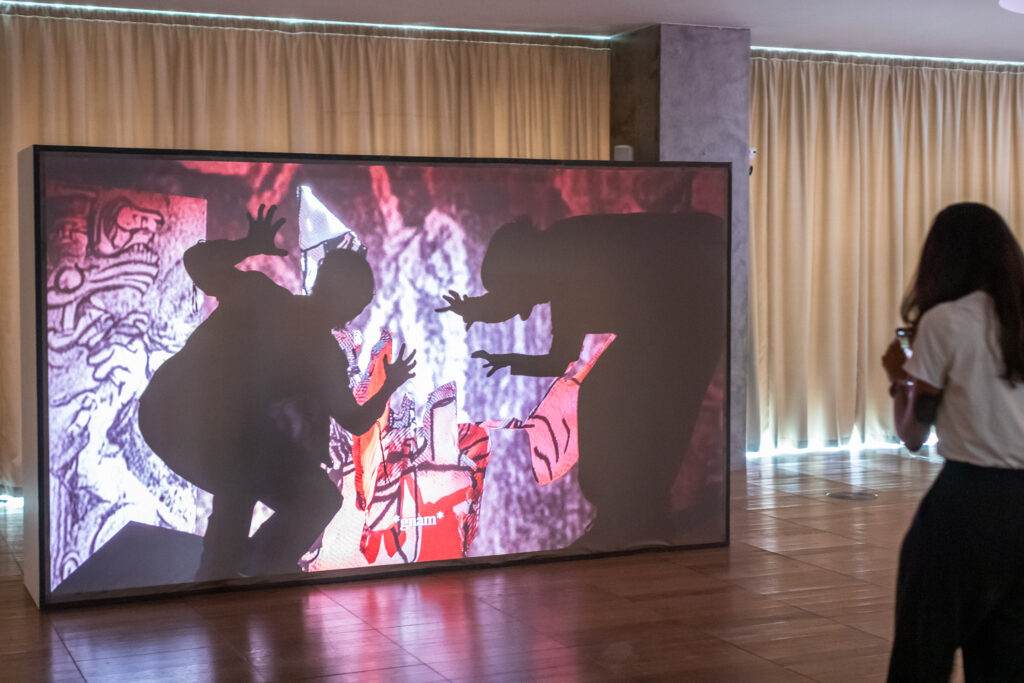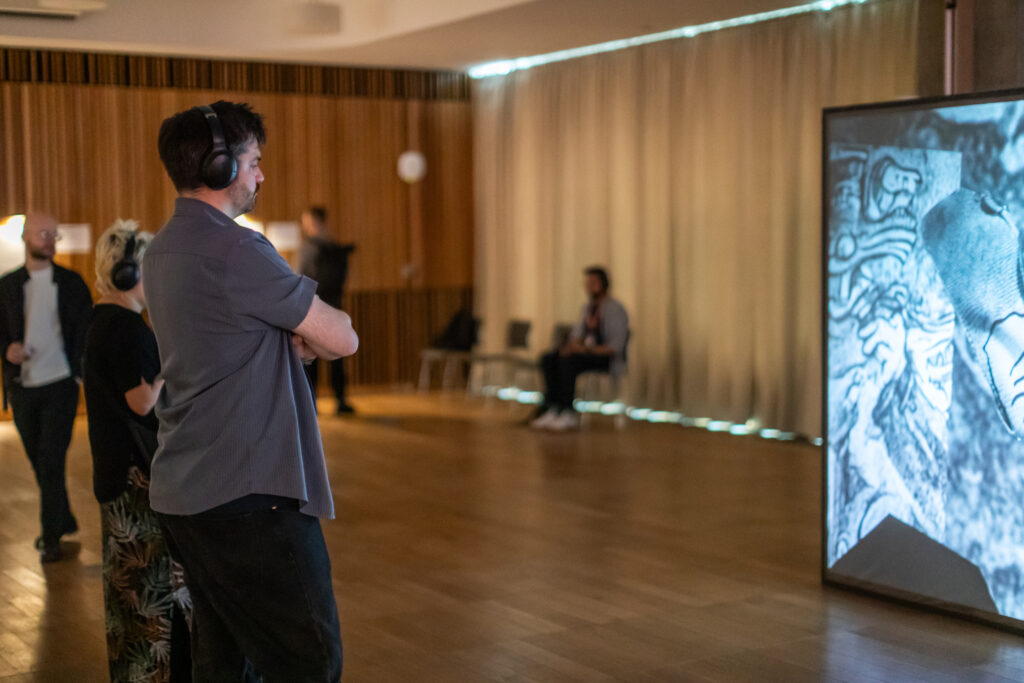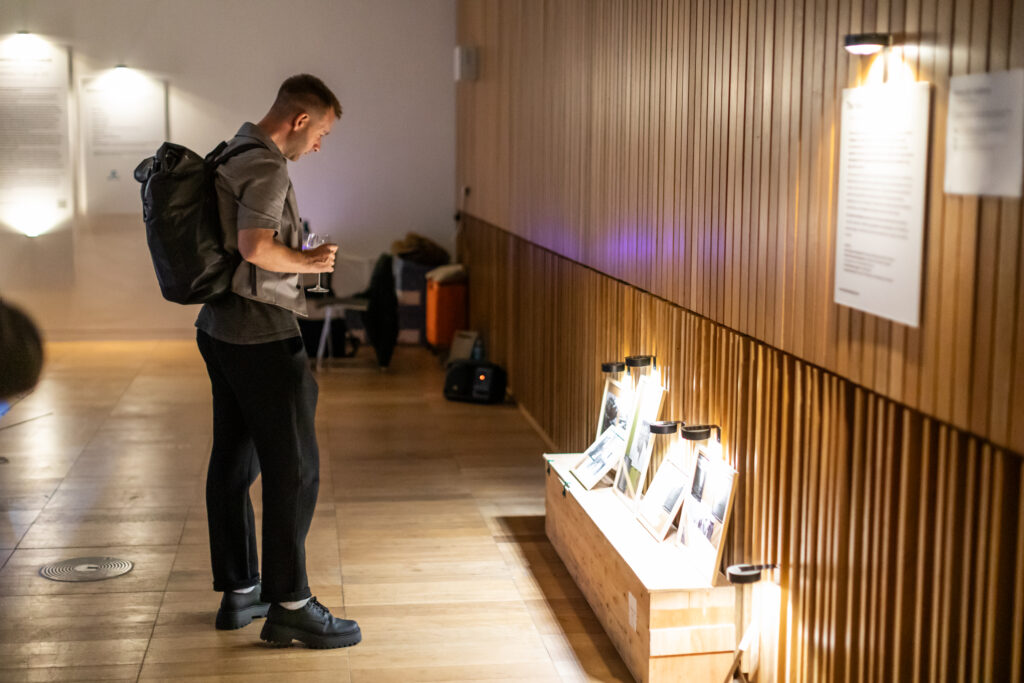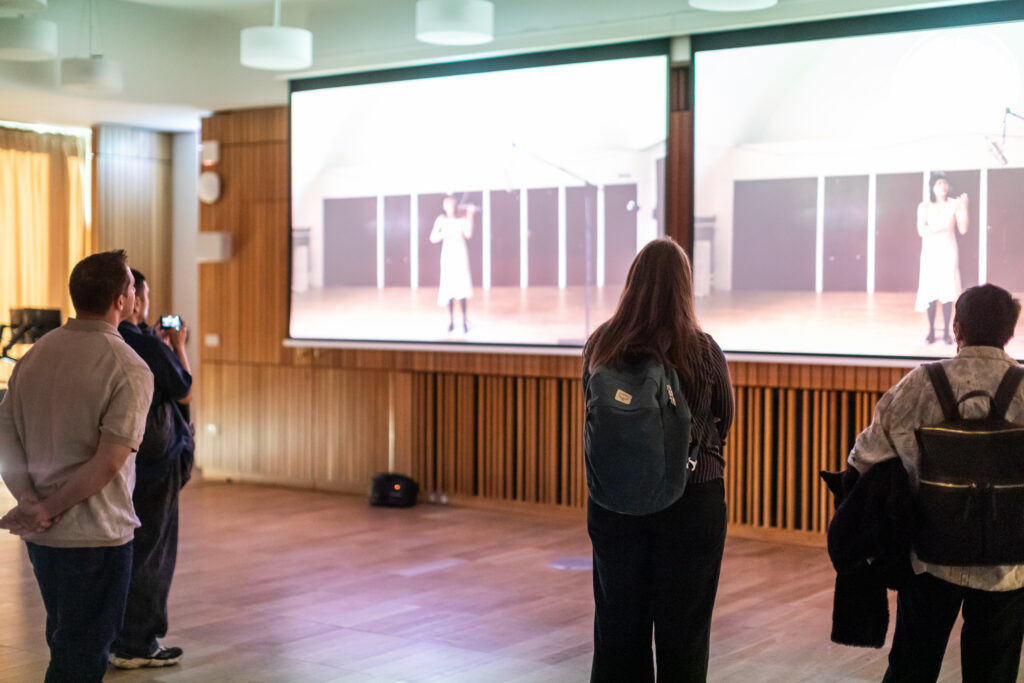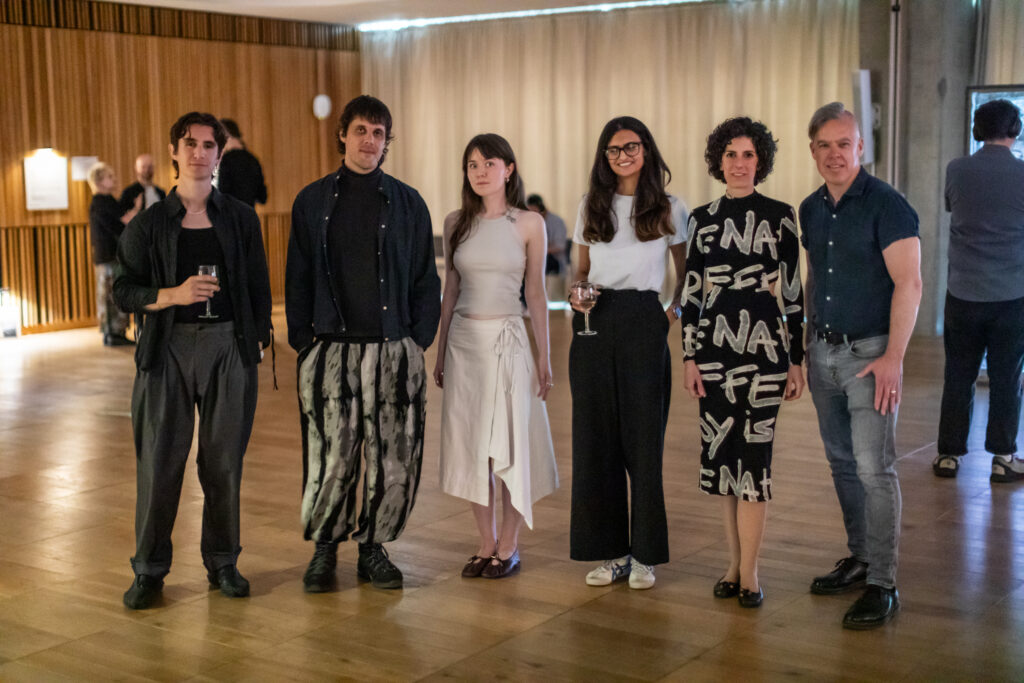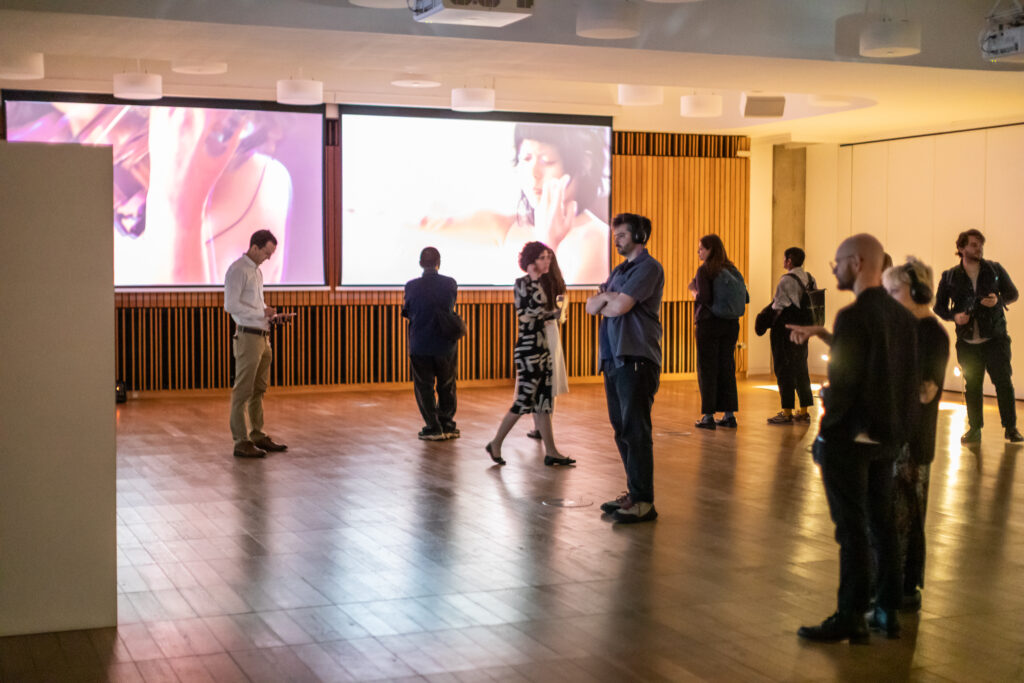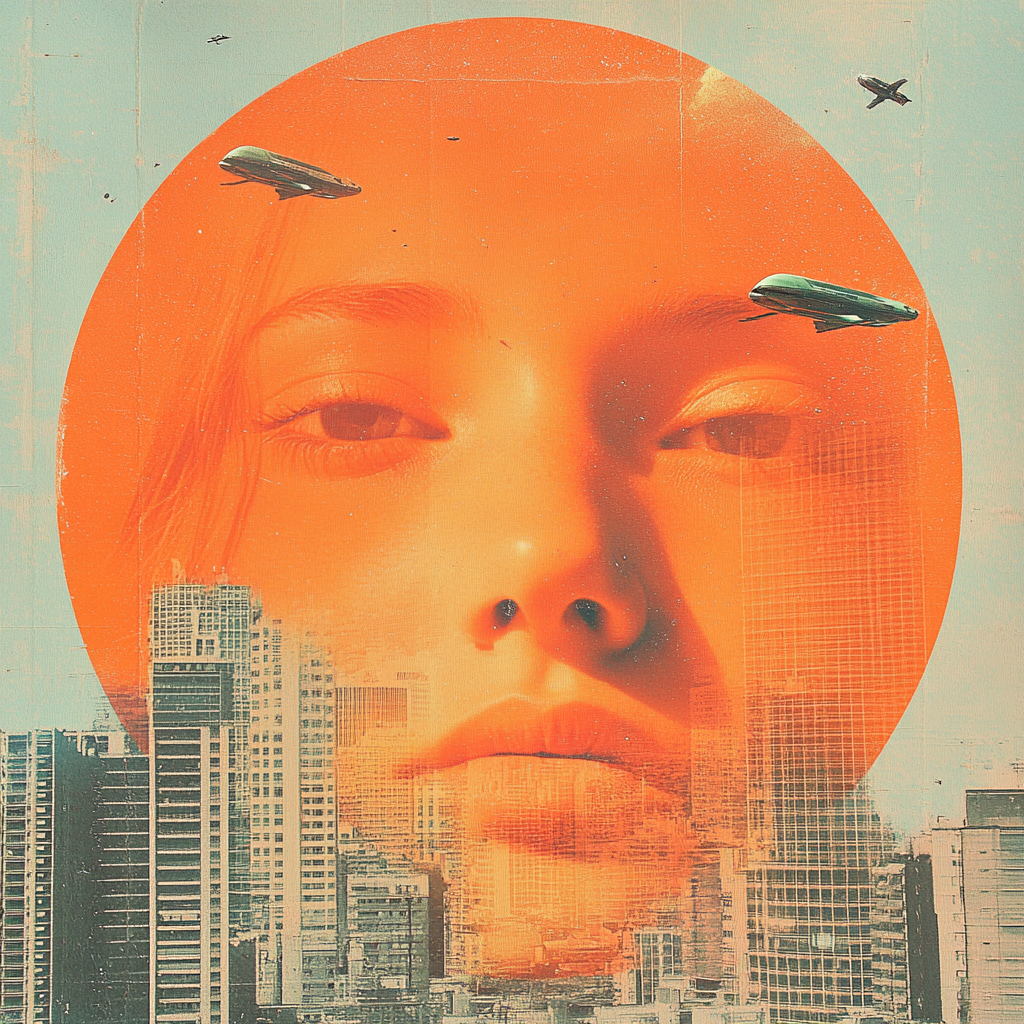An exciting support opportunity has opened in the Institutes for Design Informatics, Inspace and OPENspace!
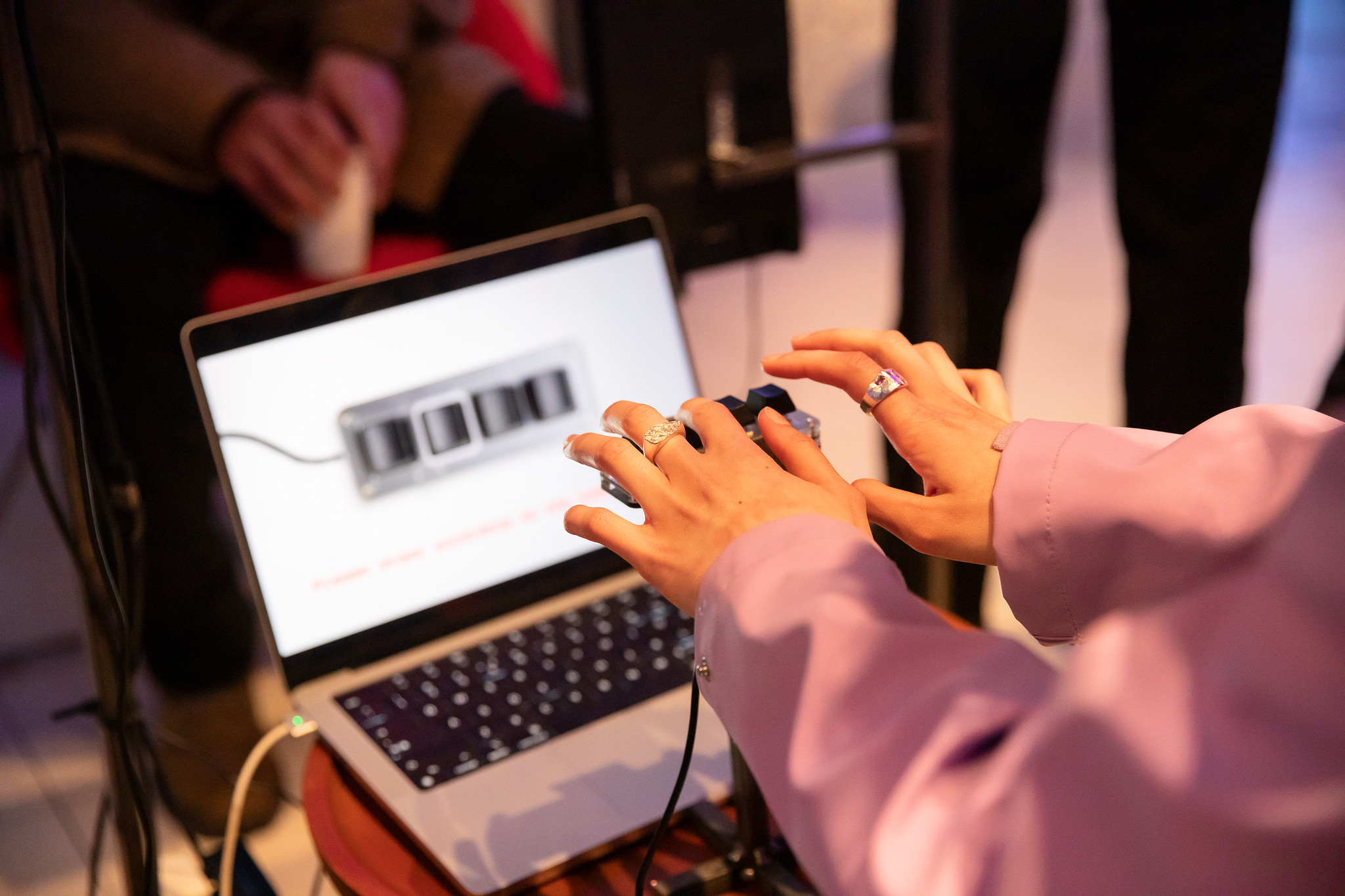
We’re Hiring
Research Centres Support Assistant
Research Centres Support Assistant
The successful postholder will provide and contribute administrative assistance and support, working within established processes and procedures, as well as advising of new ones, for the running of two of ECA’s Research Centres: Design Informatics and OPENspace. Design Informatics works across teaching, research and engagement, including the public-facing Inspace venue which this role provides additional support for (e.g. though venue booking and diary management, front of house invigilation during exhibitions). This role also supports the ECA Postgraduate Office with administrative assistance for the student placements and field trips within the Design Informatics teaching programme. OPENspace is an international research centre for inclusive access to outdoor environments, this role provides administration for work including OPENspace’s research seminar series.
Inspace runs a select programme of exhibitions, open to the public, at key times throughout the year. During these times, the working days for this role are usually Tuesday – Saturday 9.15am-5.15pm. In the month of August and occasionally for key strategic events (e.g. Science Festival, Edinburgh Doors Open Day, Summer Festivals), the working schedule can be adjusted to include Sunday and Monday working (maintaining a 5-day week).
This post is full-time (35 hours per week). This role will usually be based on campus but we are able to accommodate some limited hybrid working.
The salary for this post is £26,093 – £29,588 per annum.
Your skills and attributes for success:
- Excellent communication skills orally and in writing, with the ability to communicate well with both internal and external contacts.
- Strong numeracy skills with previous experience of financial administration, and financial and database systems.
- Highly developed IT skills and experience, and ability to quickly learn and use new packages and booking systems.
- Ability to understand own work priorities and those of colleagues, in order to plan and prioritise workload on a daily basis, to facilitate achievement of research project timetable of events, and to manage time across two research centres.
- Ability to work under pressure in a busy environment, to use initiative and judgment to resolve many day-to-day problems independently.
Click below to view a copy of the full job description (opens new browser tab)
Application Information
Please ensure you include the following documents in your application:
– CV
– Cover letter
As a valued member of our team you can expect:
- A competitive salary
- An exciting, positive, creative, challenging and rewarding place to work.
- A work environment where we support and nurture your talent and reward success.
- To be part of a diverse and vibrant international community
- Comprehensive Staff Benefits, such as a generous holiday entitlement, competitive pension schemes, staff discounts, and family-friendly initiatives. Check out the full list on our staff benefits page (opens in a new tab) and use our reward calculator to discover the total value of your pay and benefits
Championing equality, diversity and inclusion
The University of Edinburgh holds a Silver Athena SWAN award in recognition of our commitment to advance gender equality in higher education. We are members of the Race Equality Charter and we are also Stonewall Scotland Diversity Champions, actively promoting LGBT equality.
Prior to any employment commencing with the University you will be required to evidence your right to work in the UK. Further information is available on our right to work webpages (opens new browser tab)
Key dates to note
The closing date for applications is [9th October 2025].
Unless stated otherwise the closing time for applications is 11:59pm GMT. If you are applying outside the UK the closing time on our adverts automatically adjusts to your browsers local time zone.
About the Institute for Design Informatics
In the Institute for Design Informatics, we fuse design and creative methodologies with data, data science and data-driven technologies. We create prototypes and experiences that make real to people the ideas that underpin the data society, and aim to ensure that new technologies sustain and enhance human values.
About Inspace
Inspace is part of the Institute for Design Informatics and is a collaborative hub, commissioning and producing creative activity. Our public programme connects data, research and creative talent. We host events and exhibitions where people can explore, learn, debate and create. Our programme unlocks digital technologies, tools and data and explores their role in society through a creative lens. We are home to Inspace City Screens, a unique seven screen street front projection space visible from Potterrow in Edinburgh.
About OPENspace
OPENspace is an international research centre, based in the Edinburgh School of Architecture and Landscape Architecture, Edinburgh College of Art, collaborating with colleagues in other Schools both within the University of Edinburgh and beyond, contributing new evidence on why inclusive access to the outdoors matters. Addressing the full spectrum of open space environments, from city parks and squares to remote rural landscapes, our work informs policy on health and wellbeing, social inclusion, countryside access and sustainable urban development. We focus on the benefits to be gained from getting outdoors and the barriers currently experienced by different users, particularly those from disadvantaged groups.
